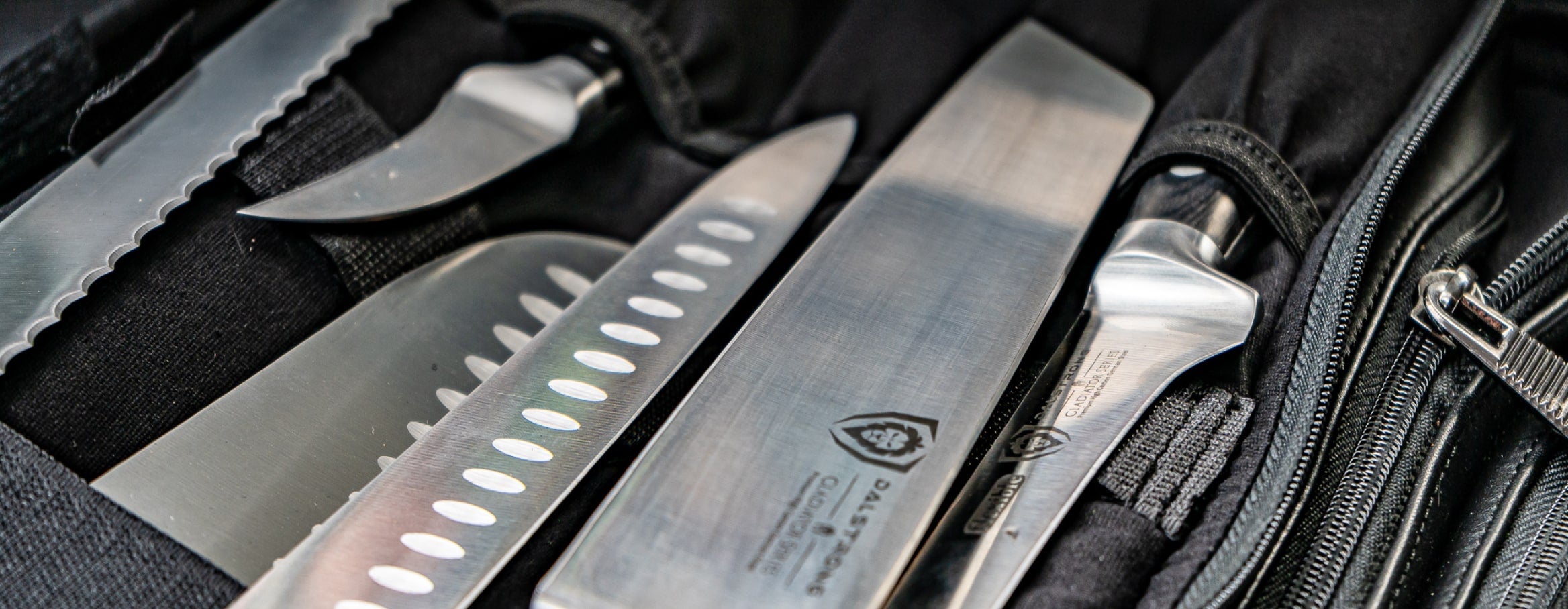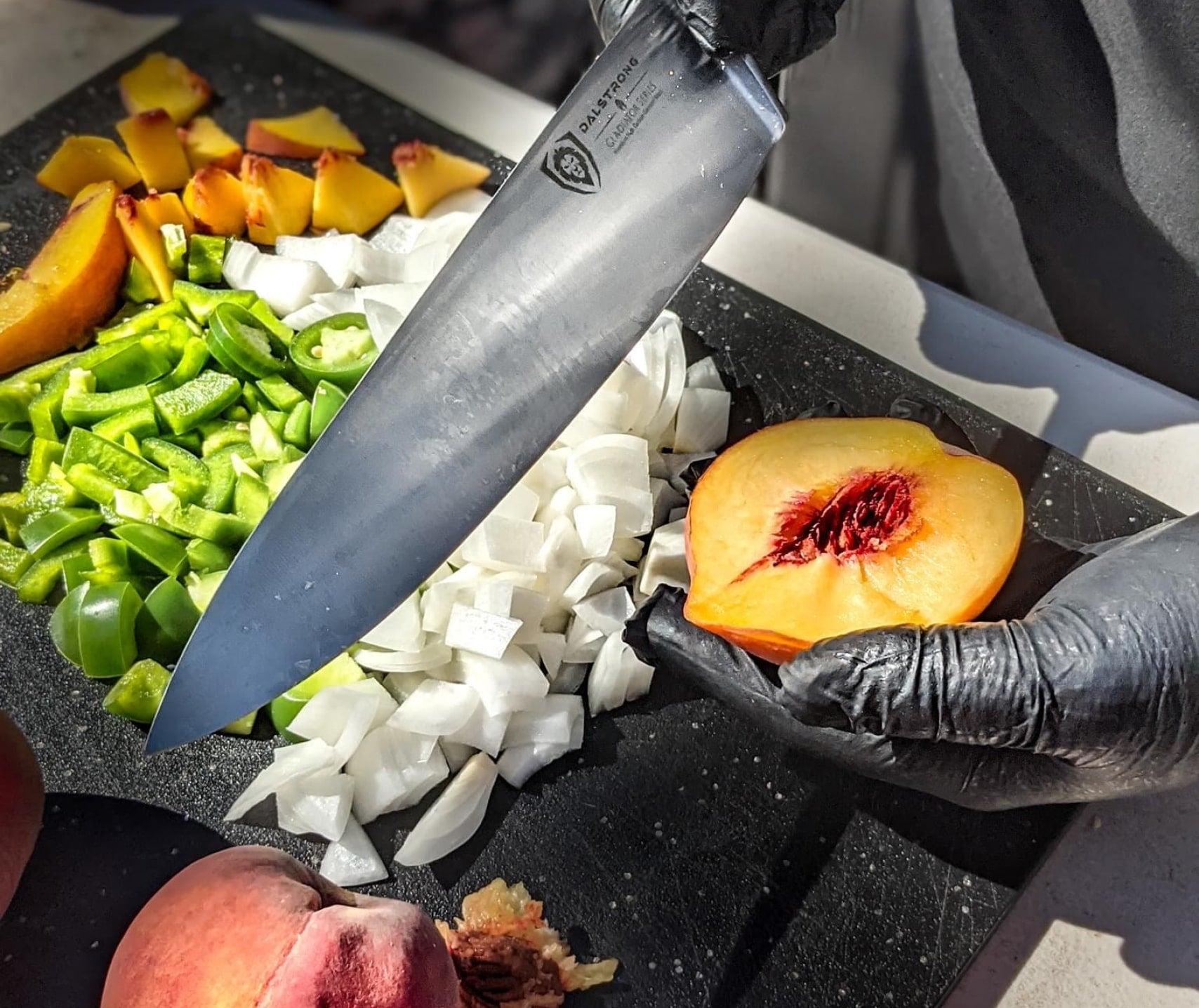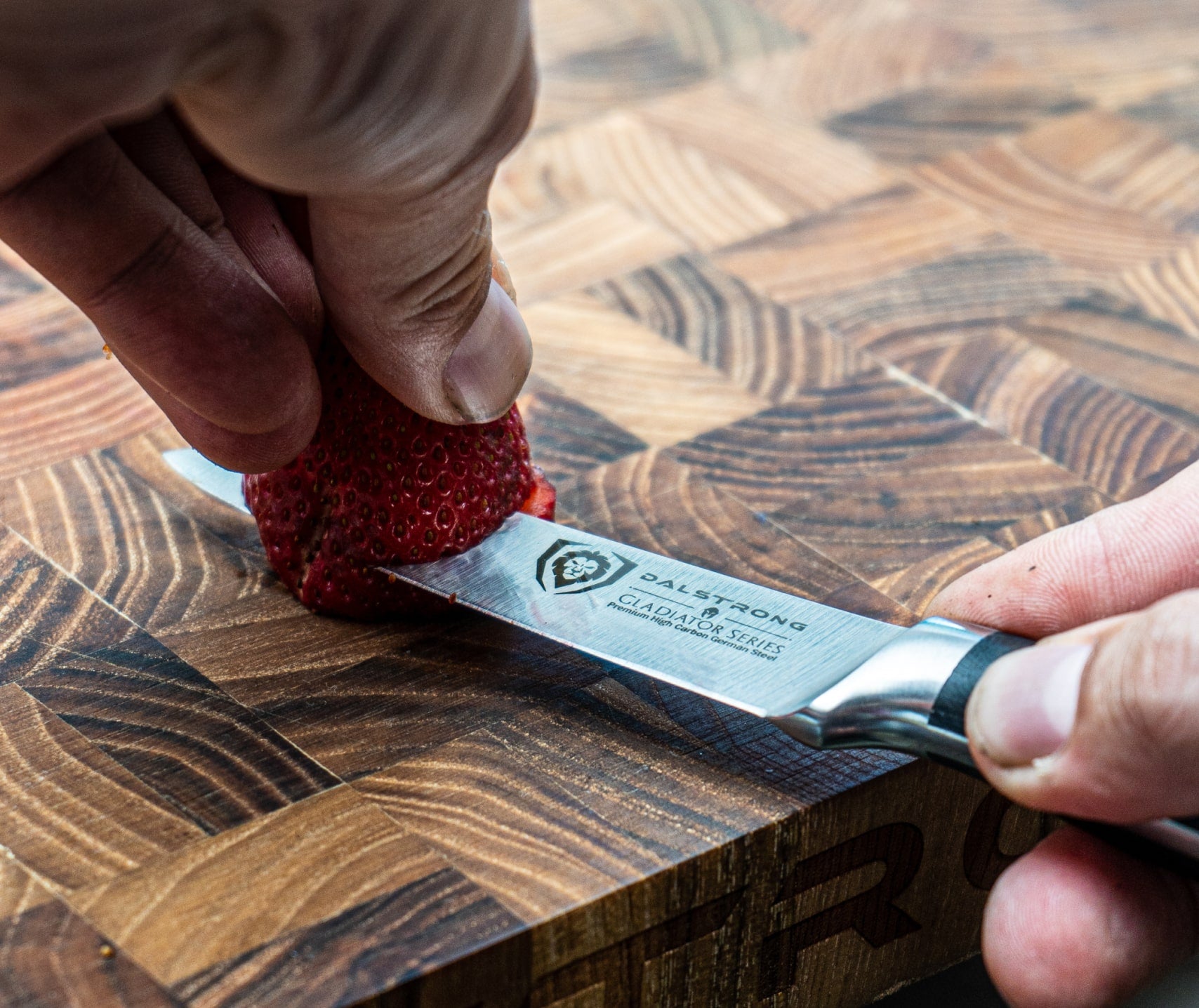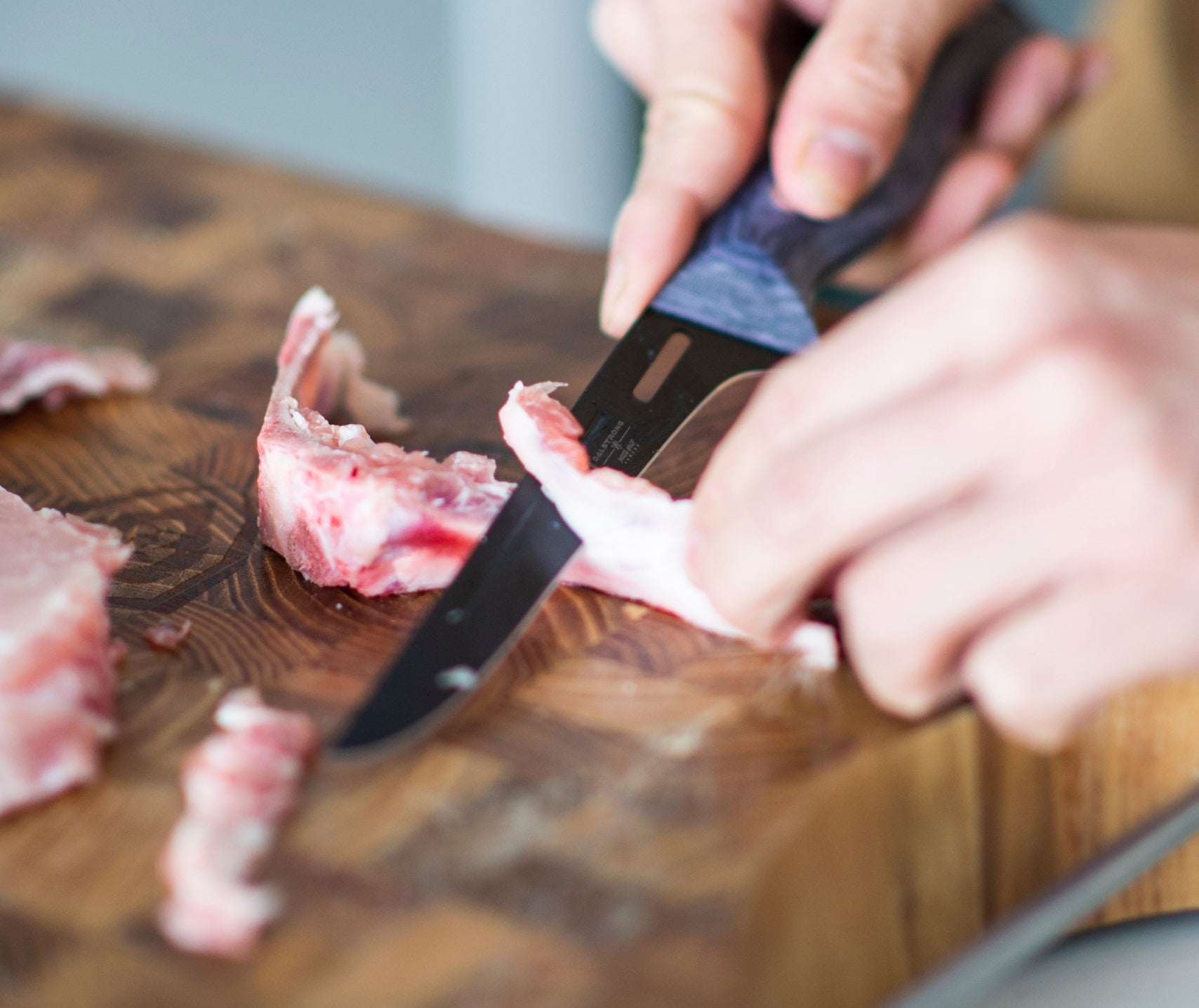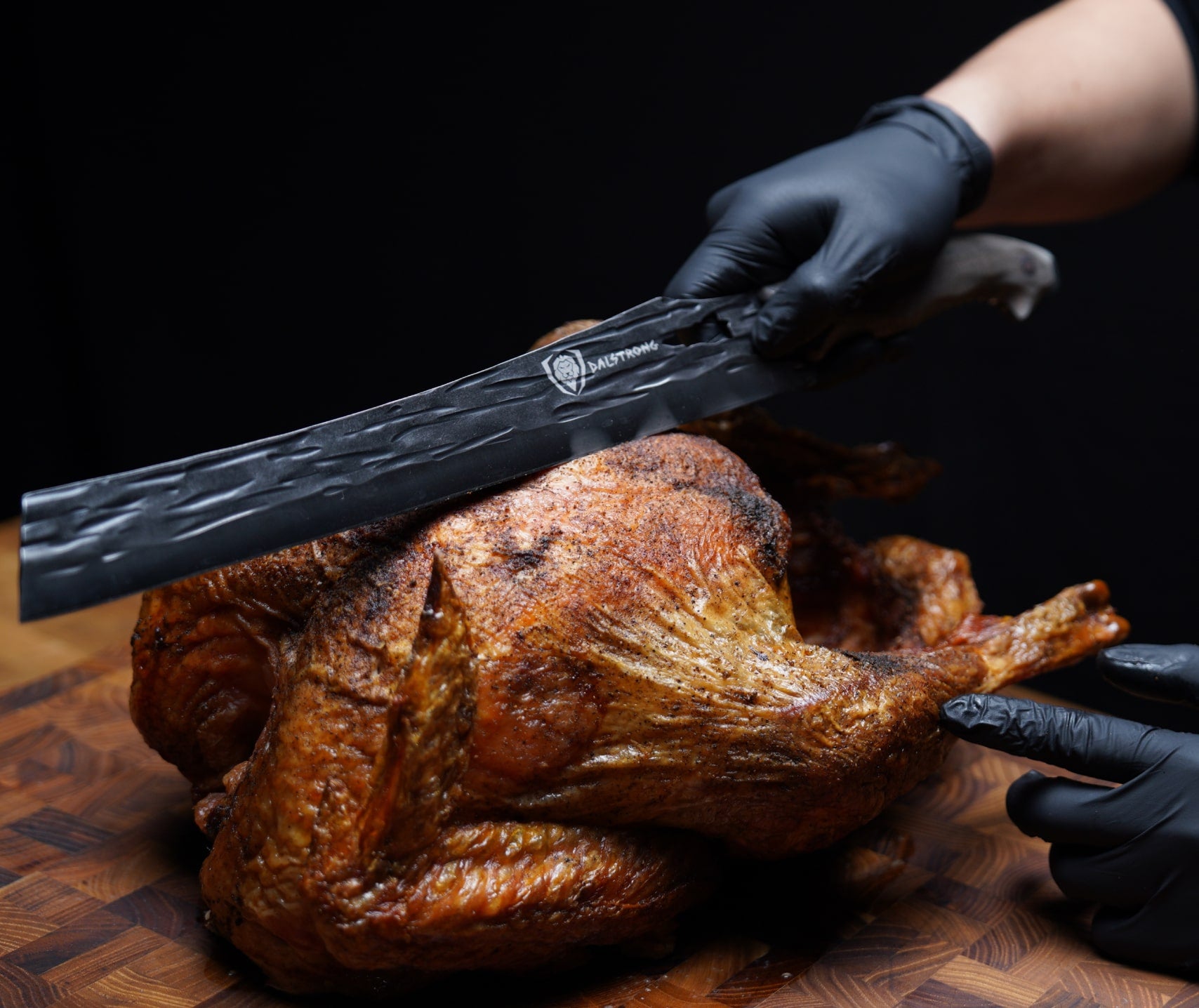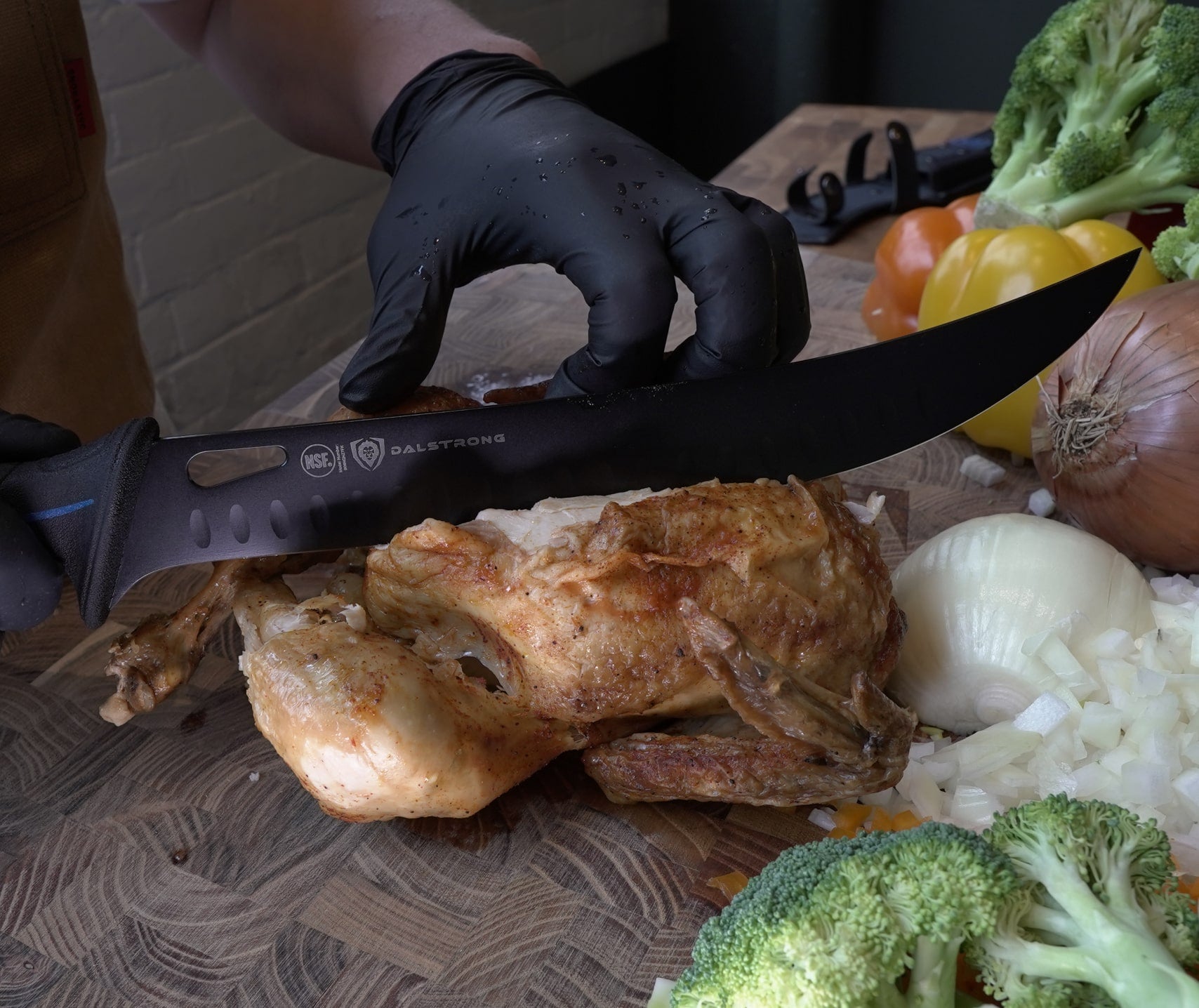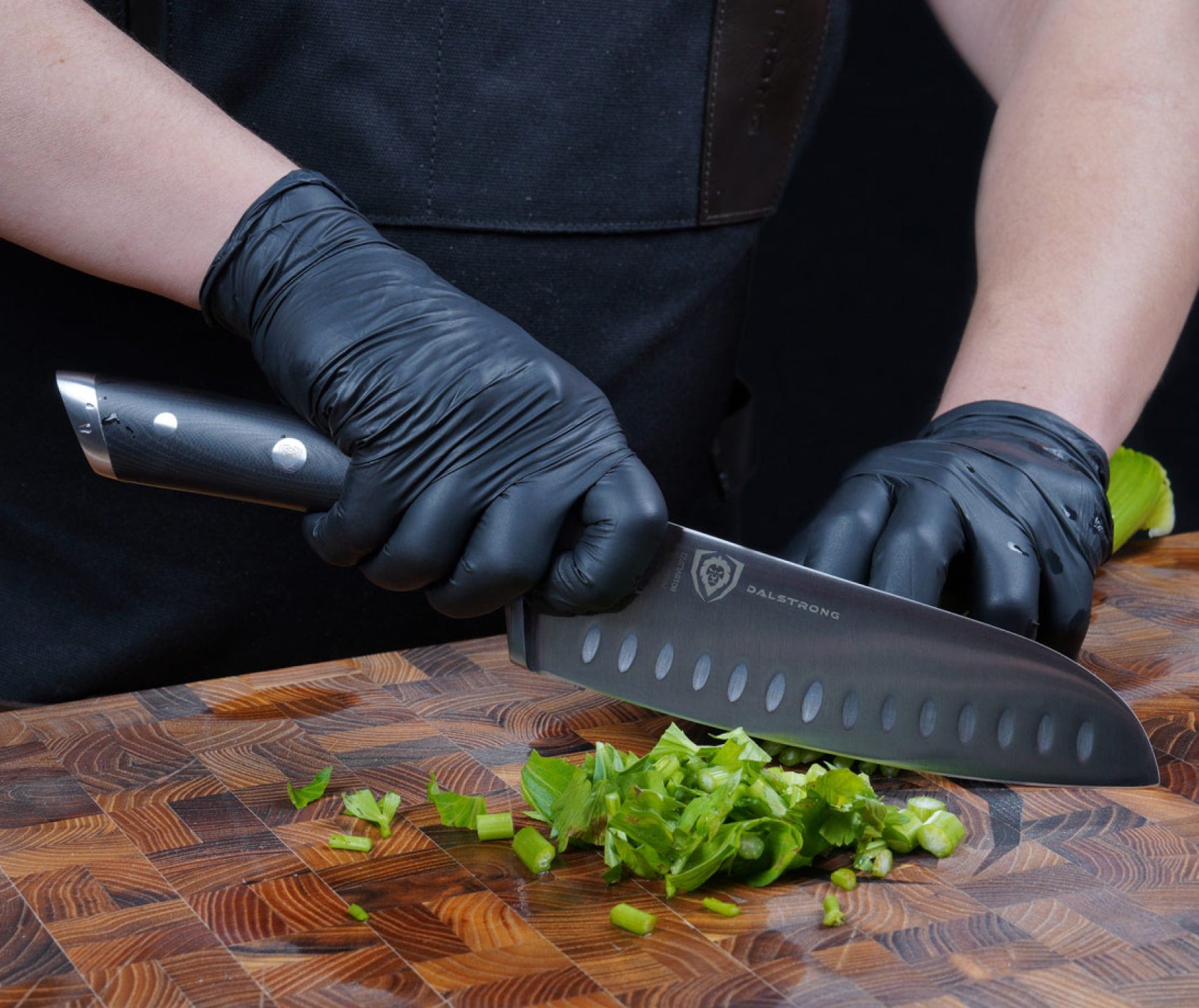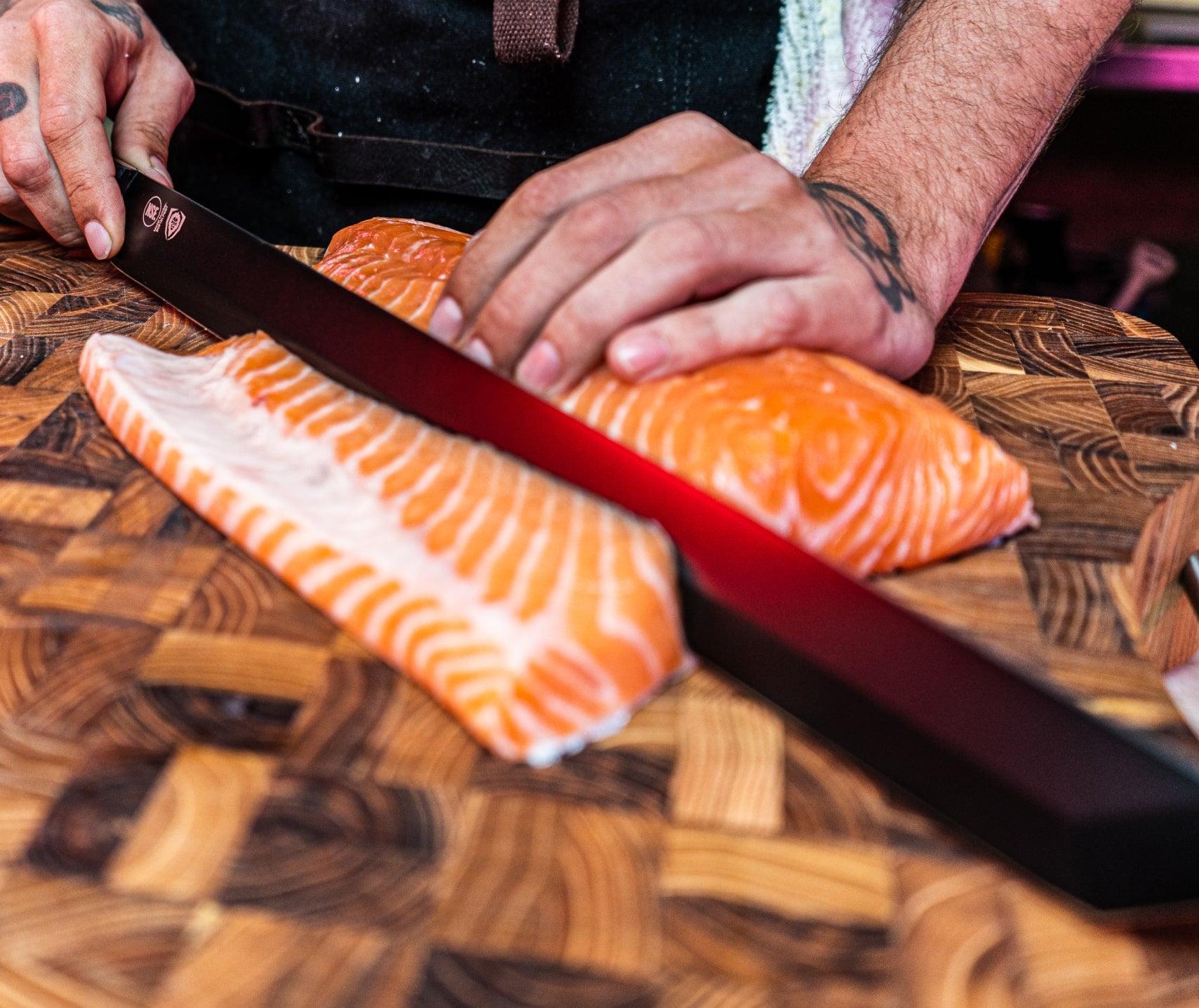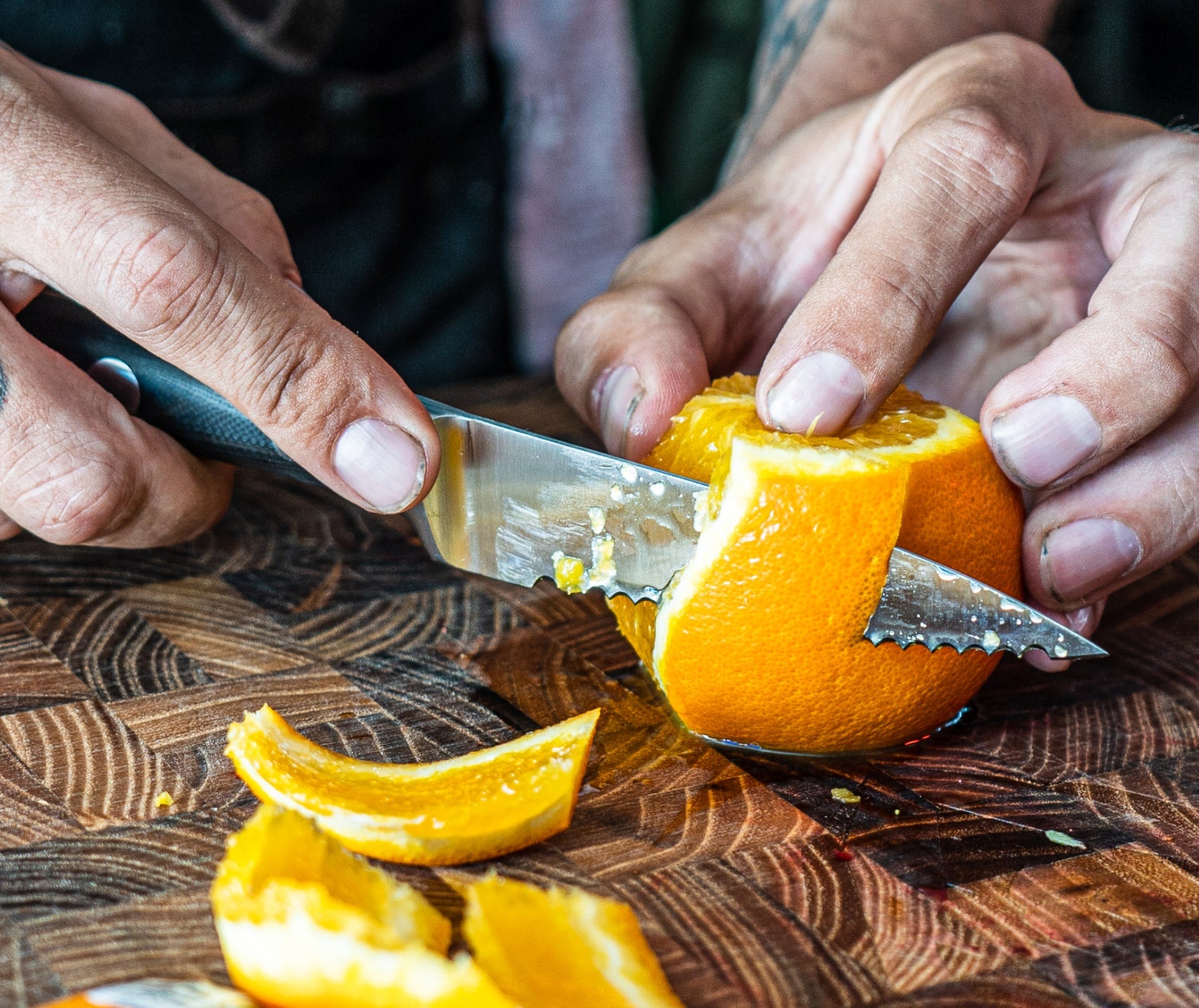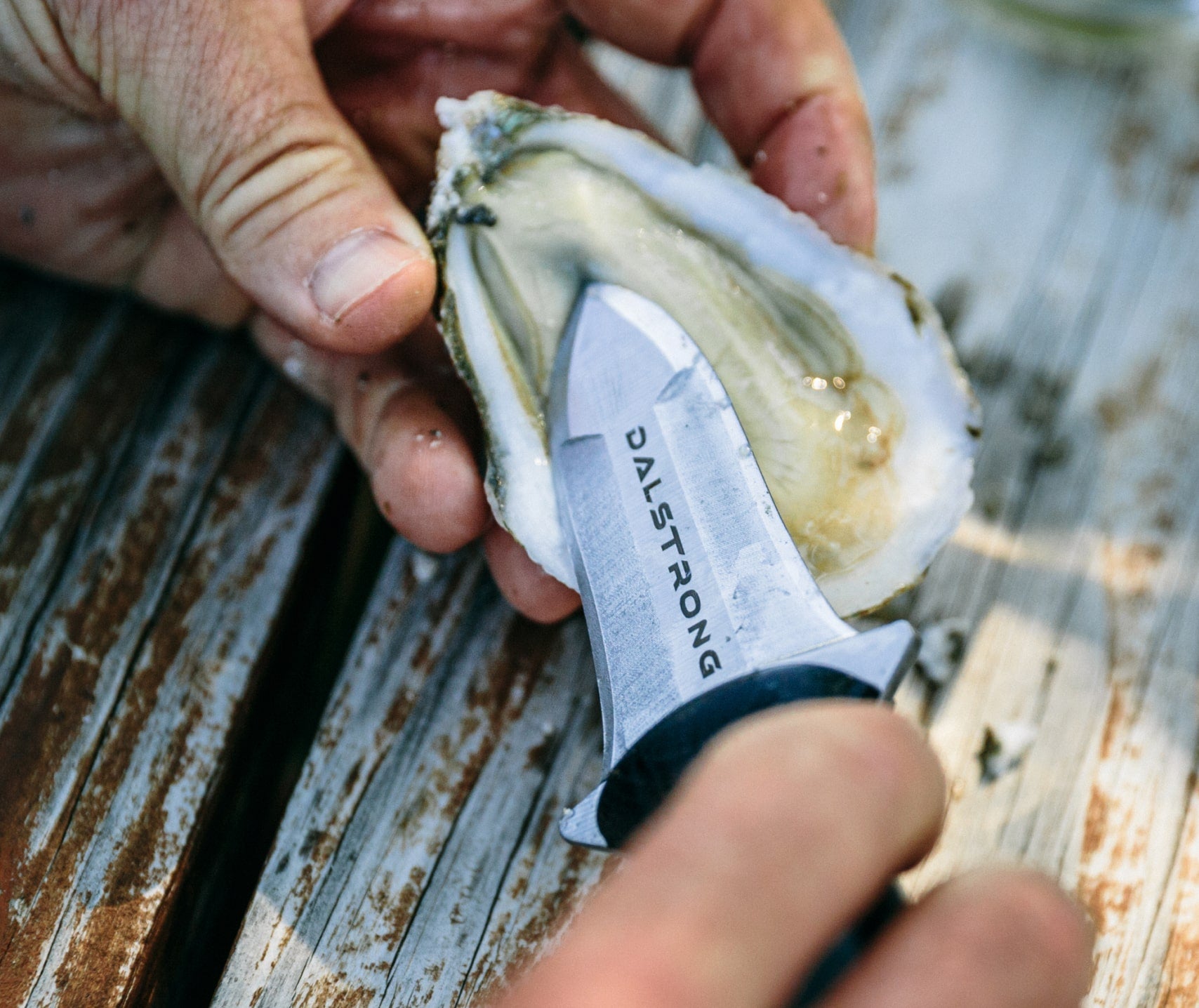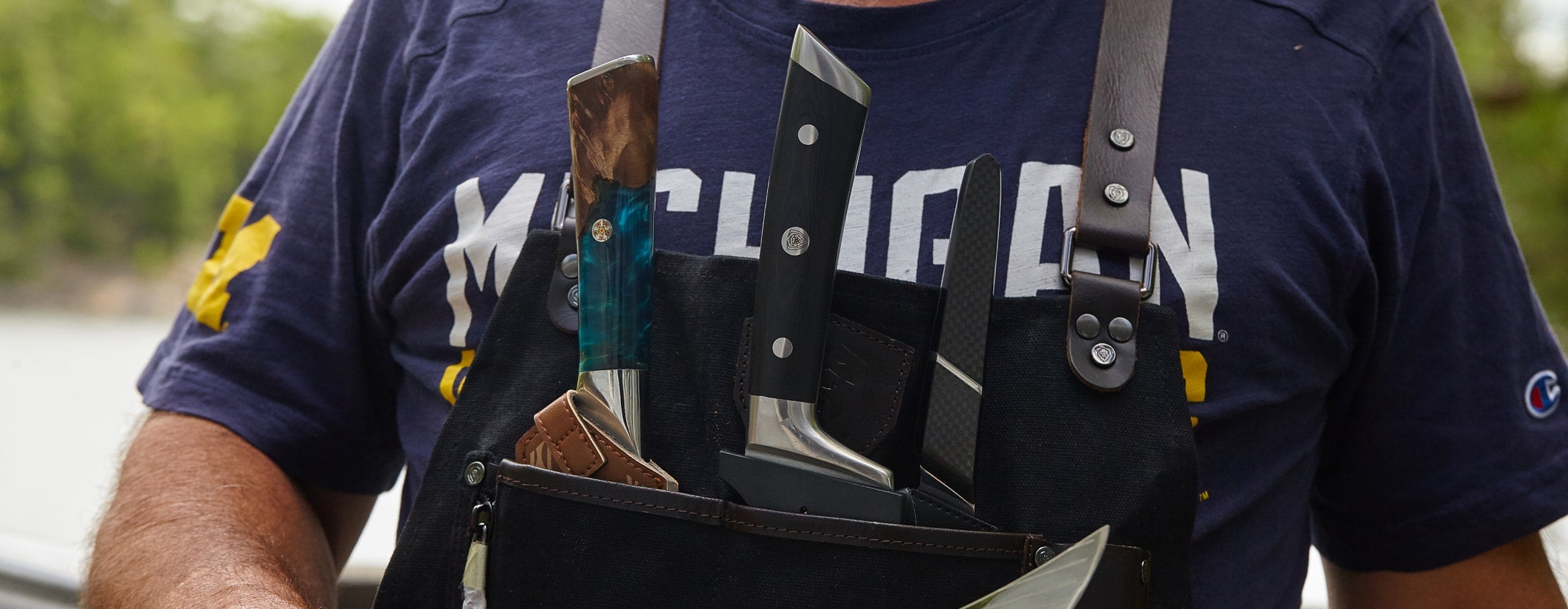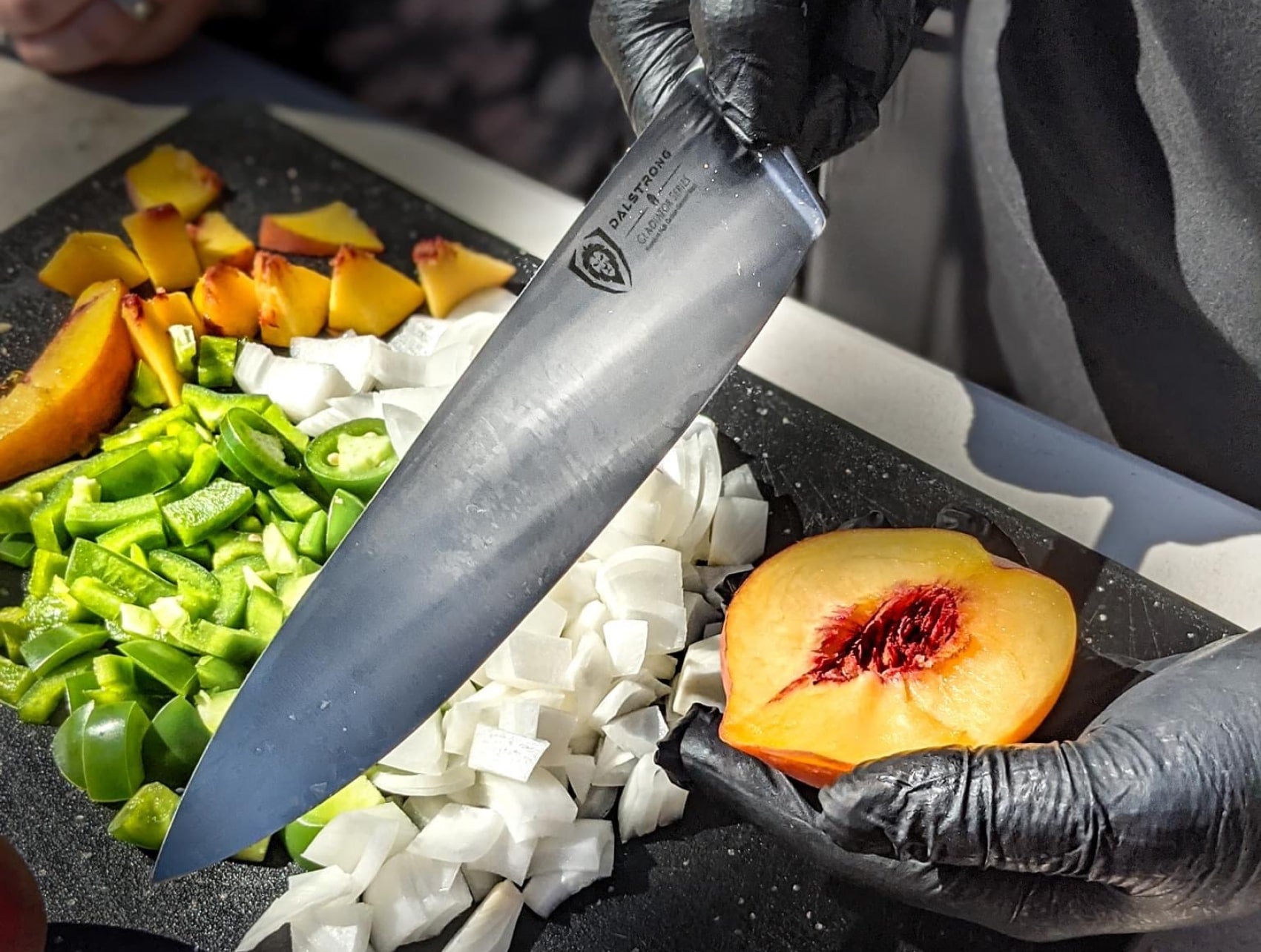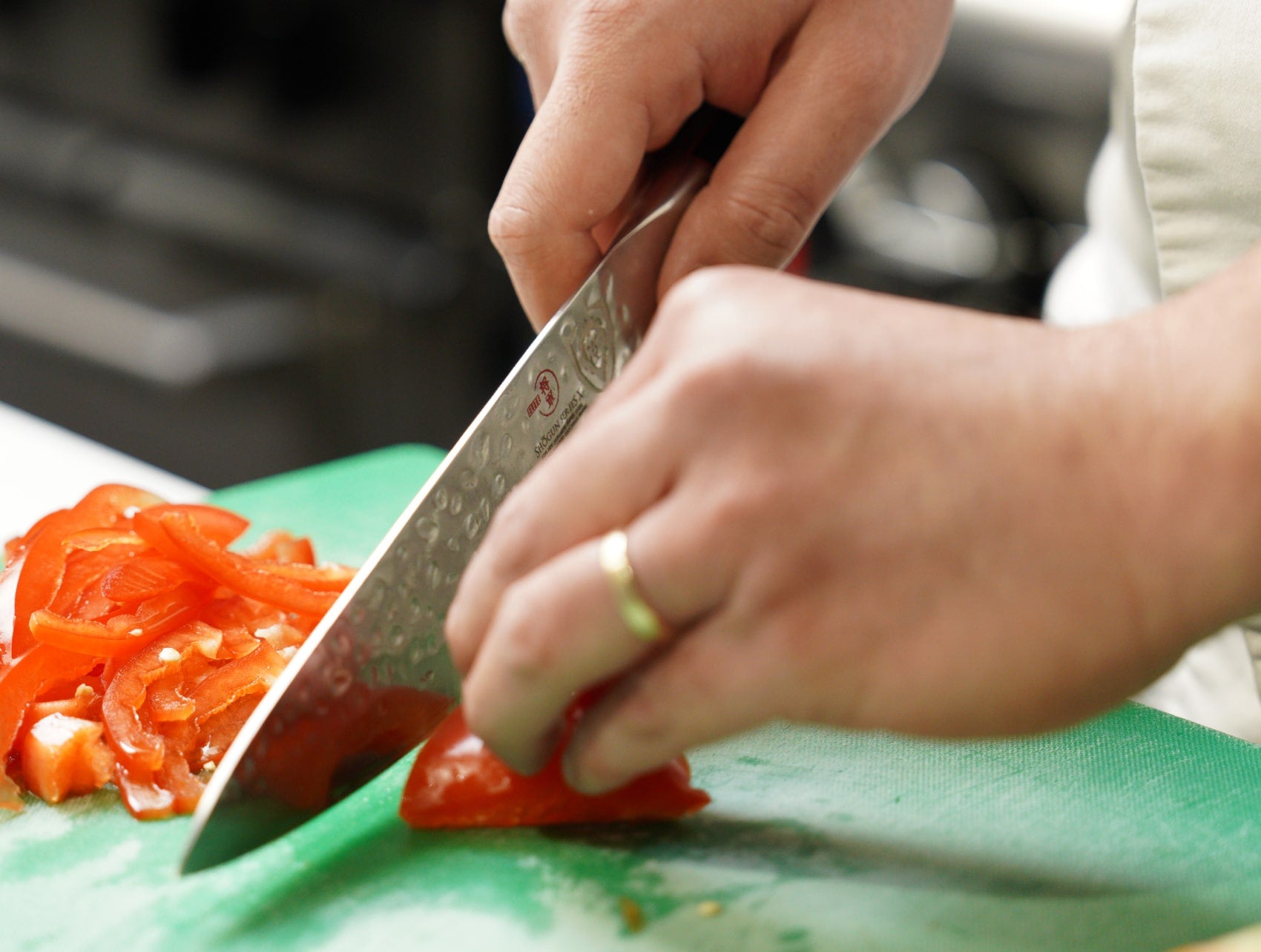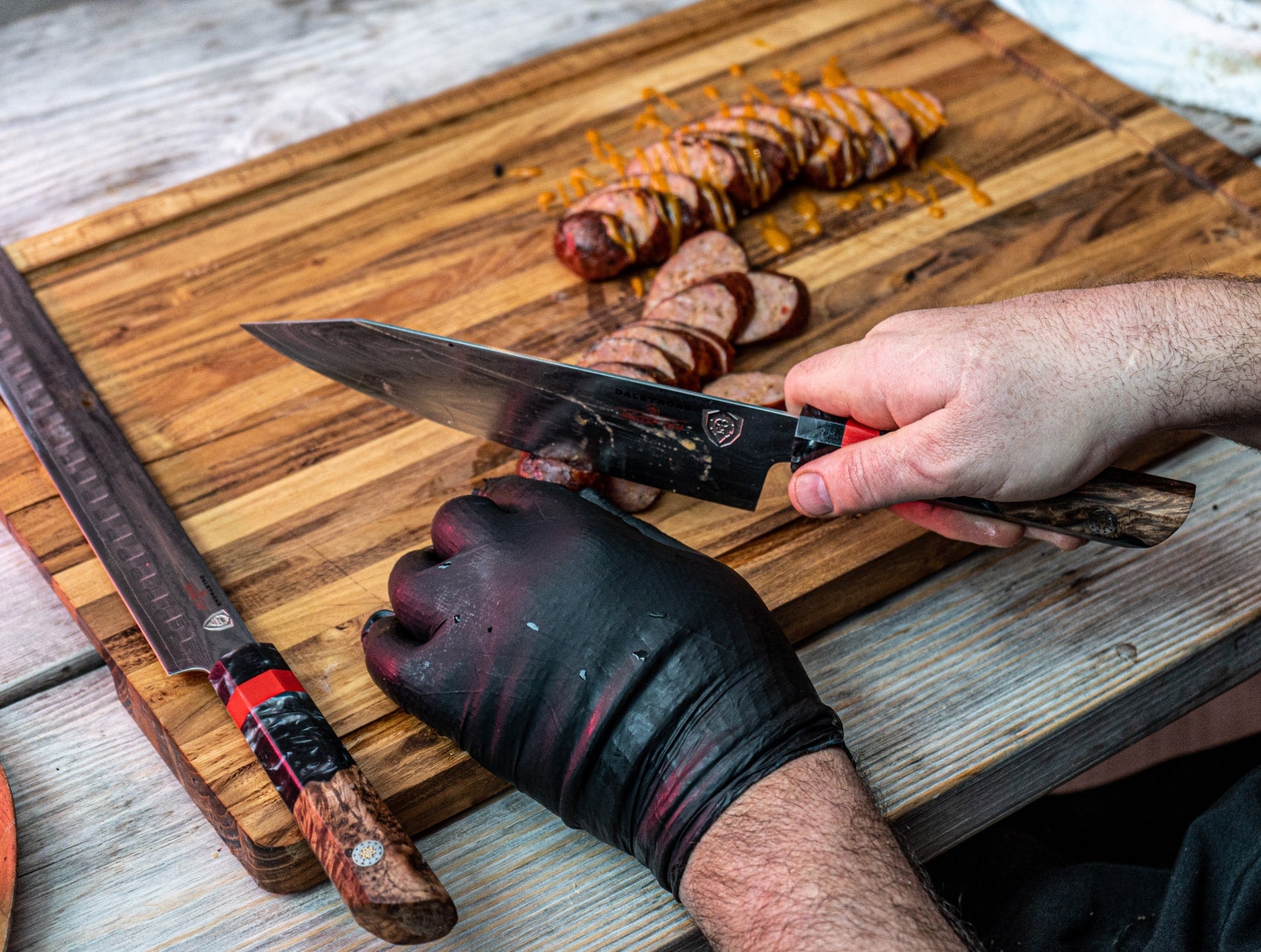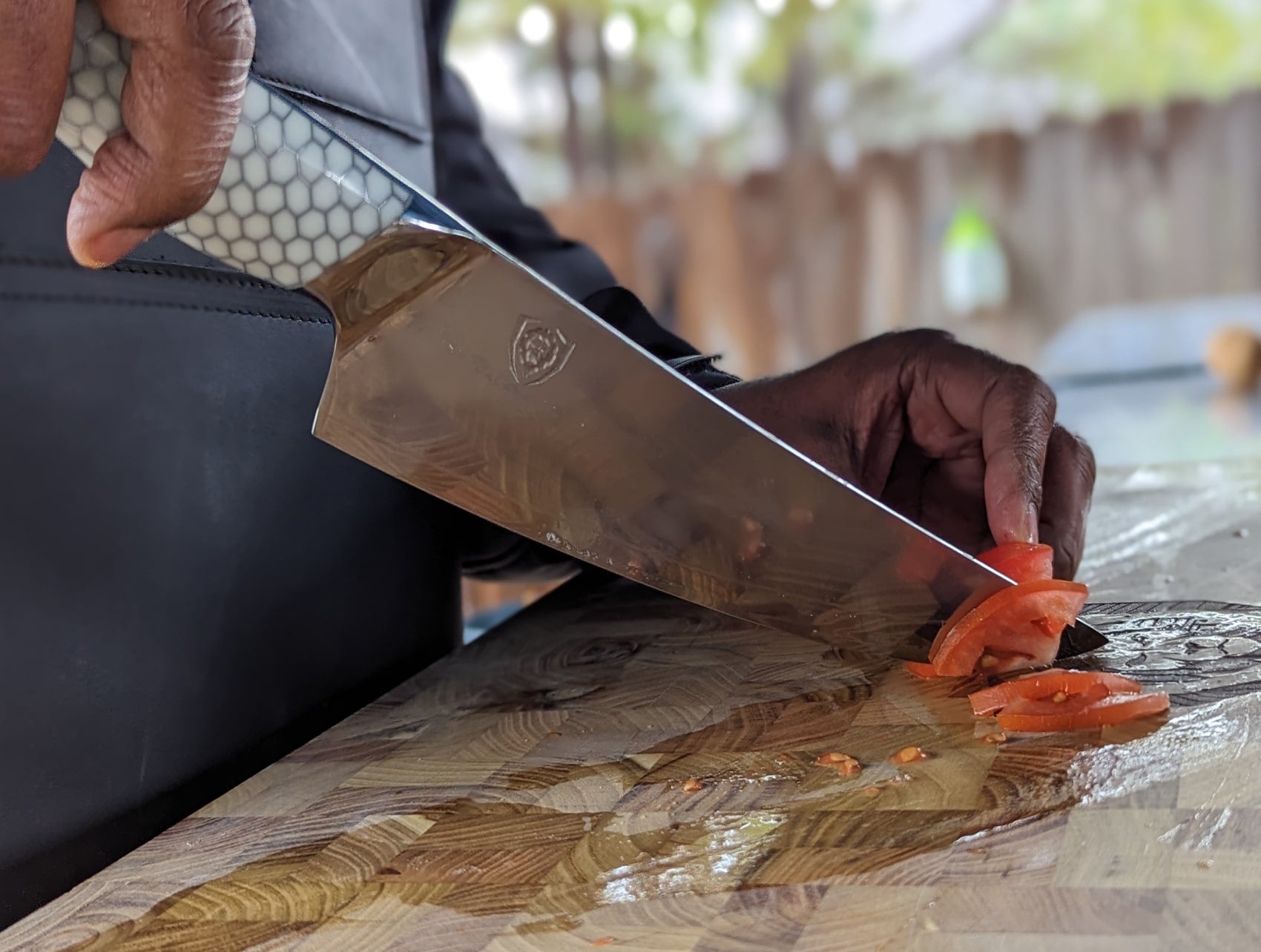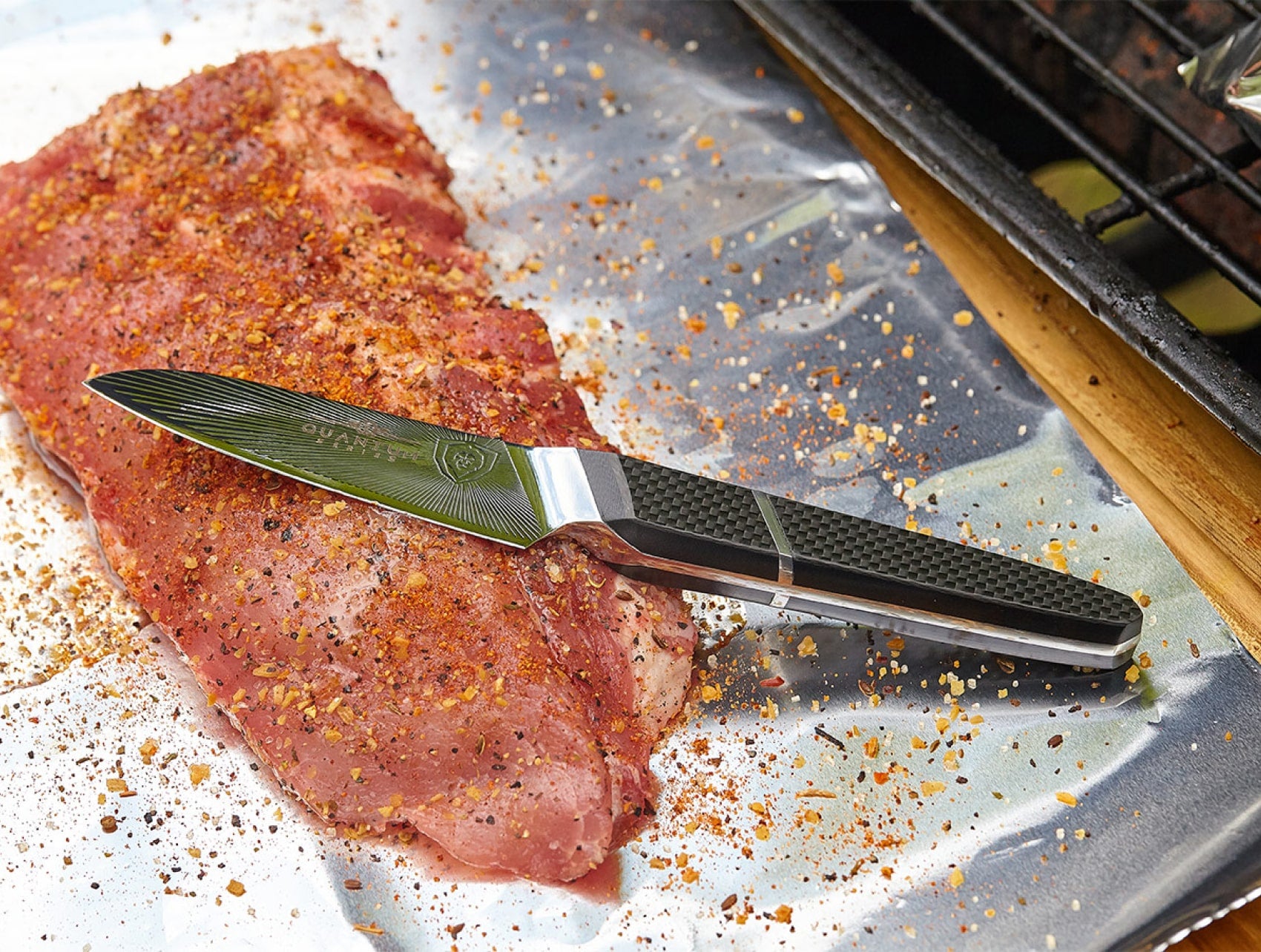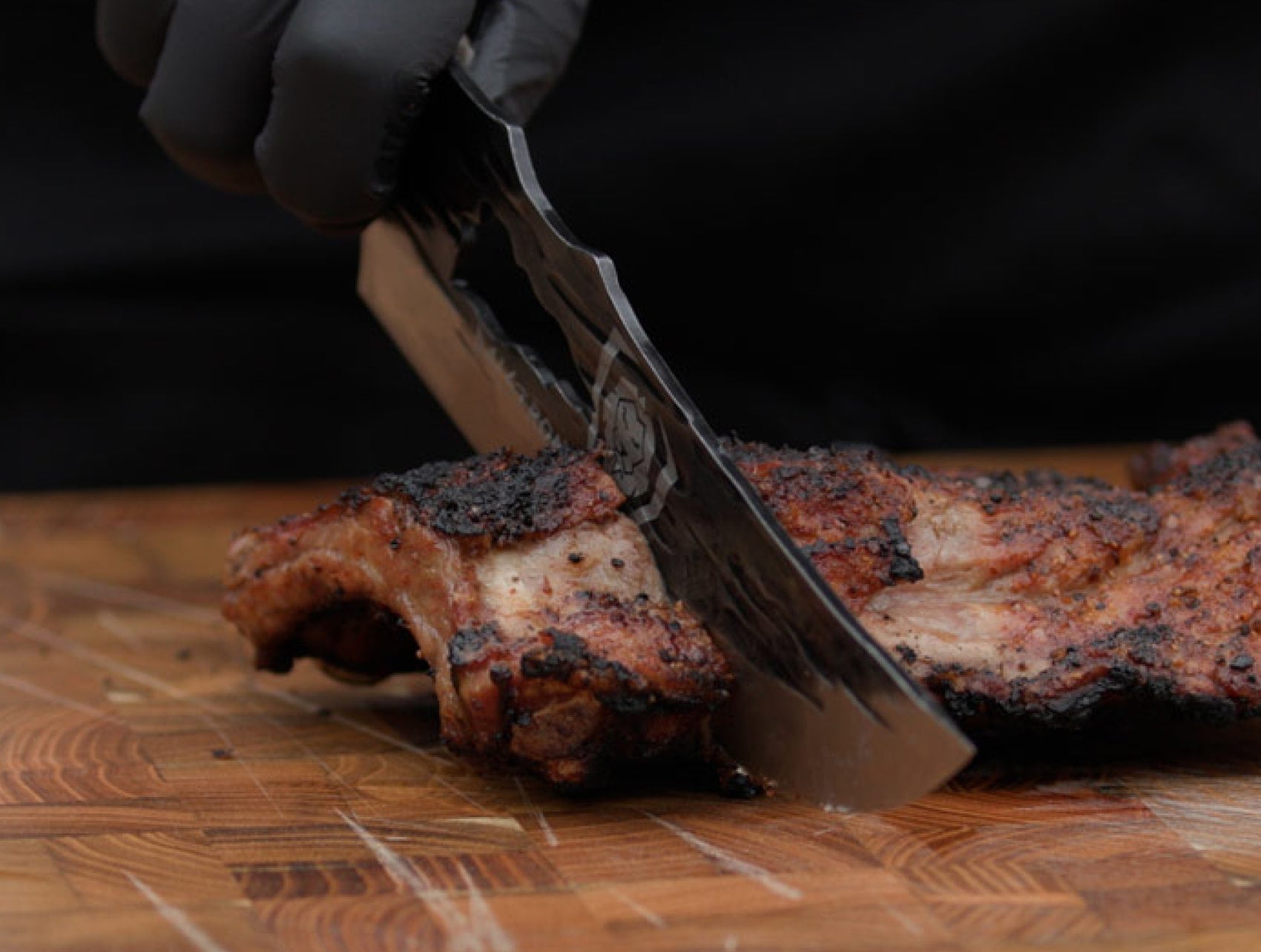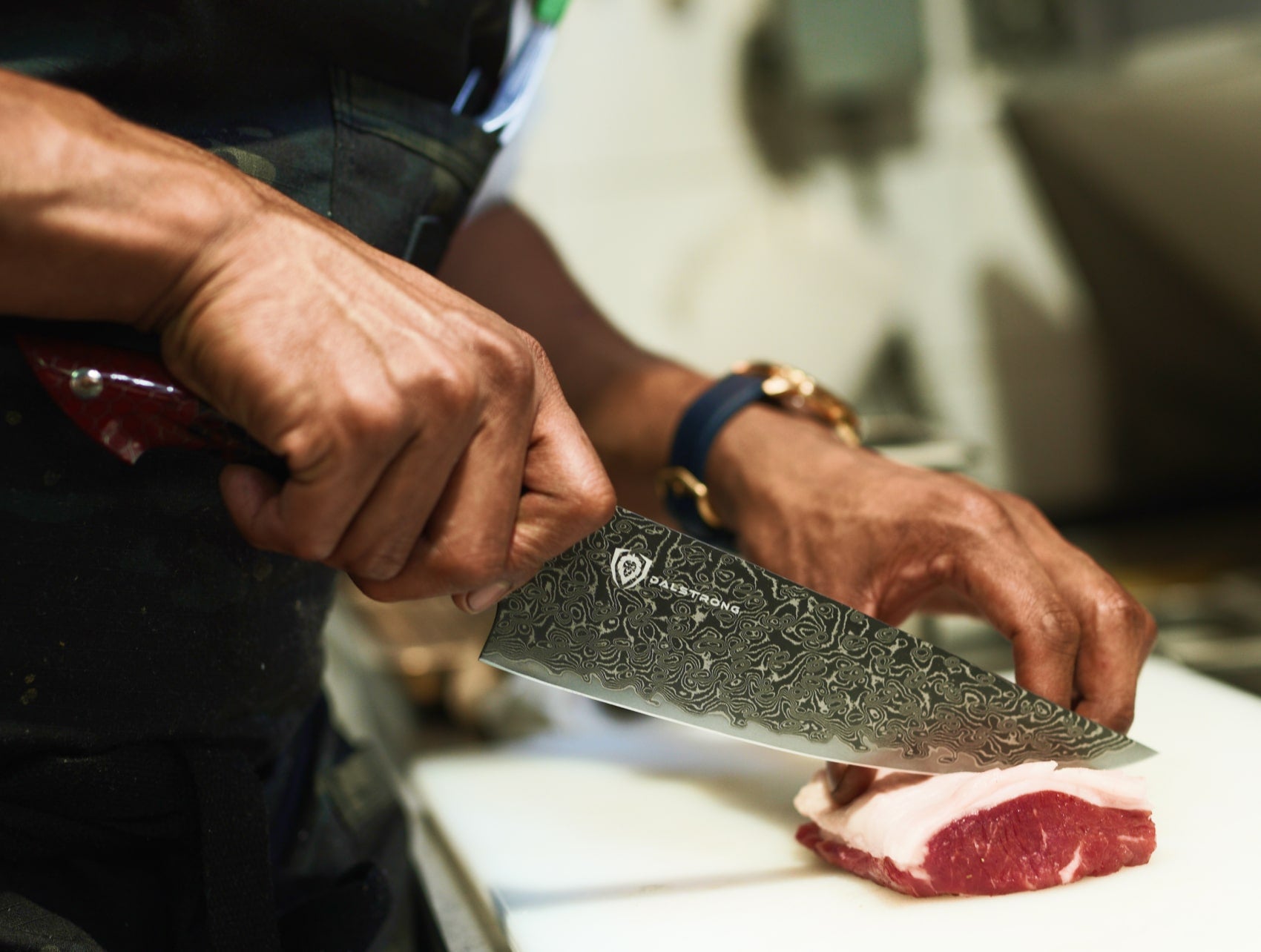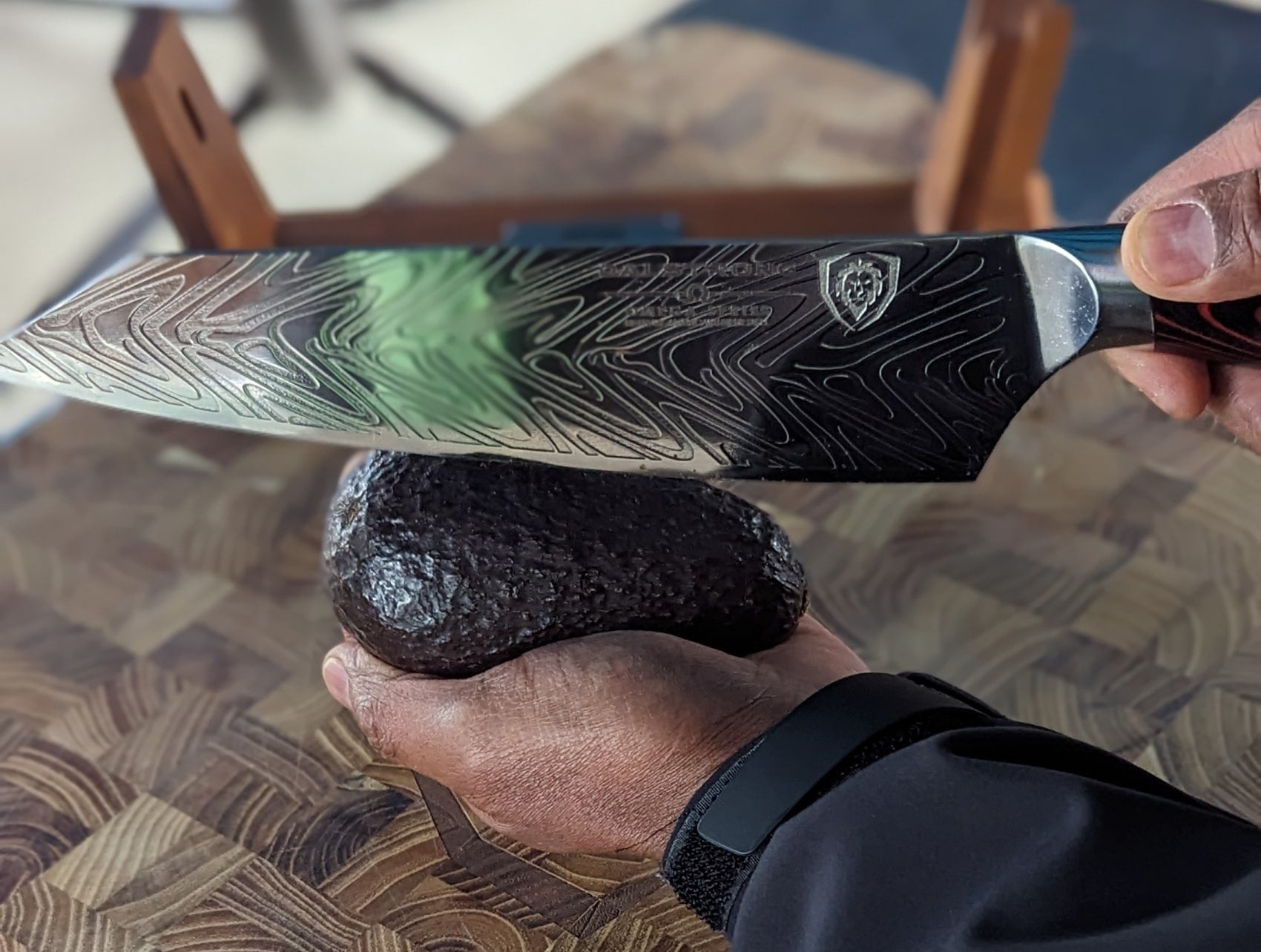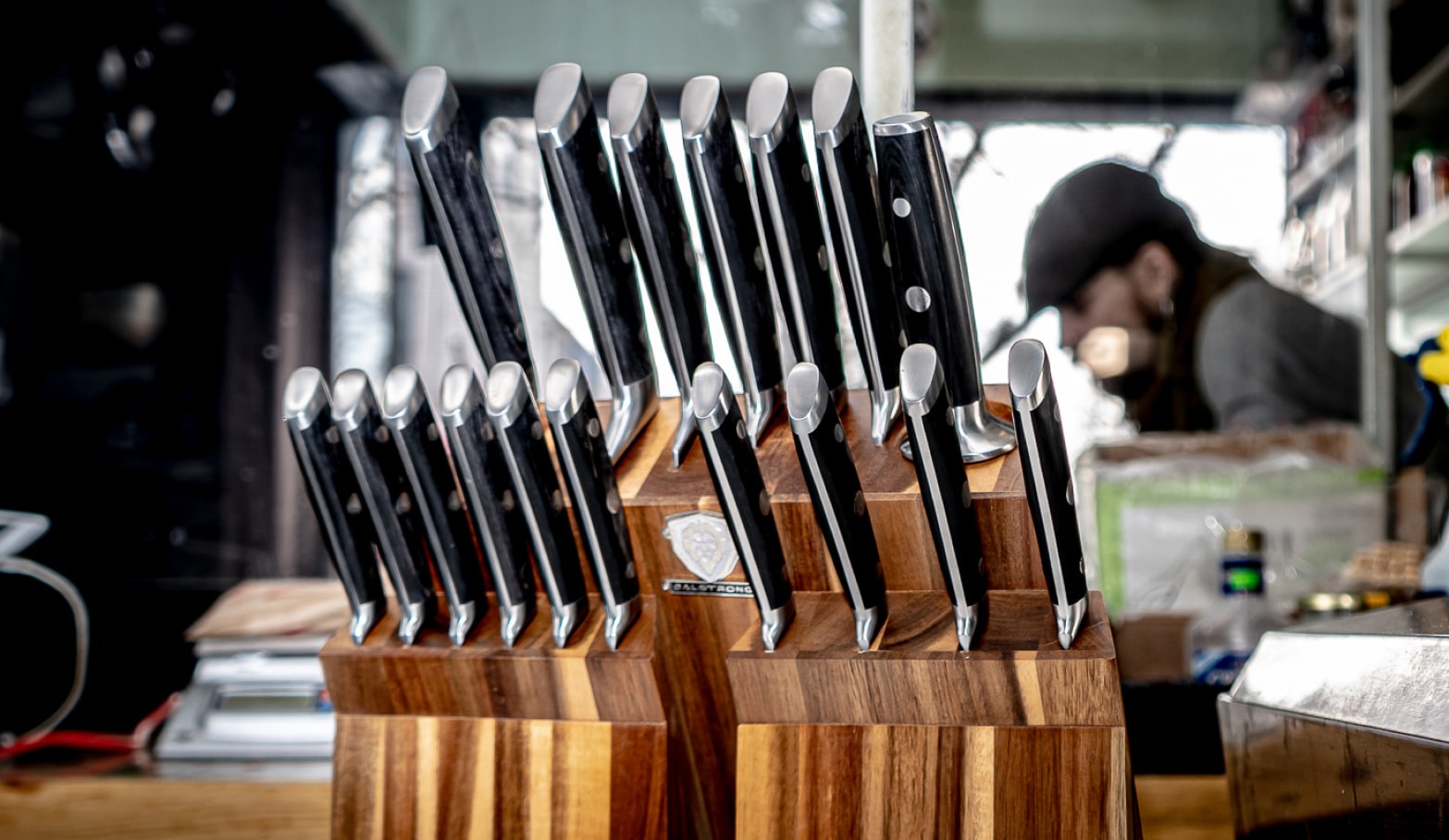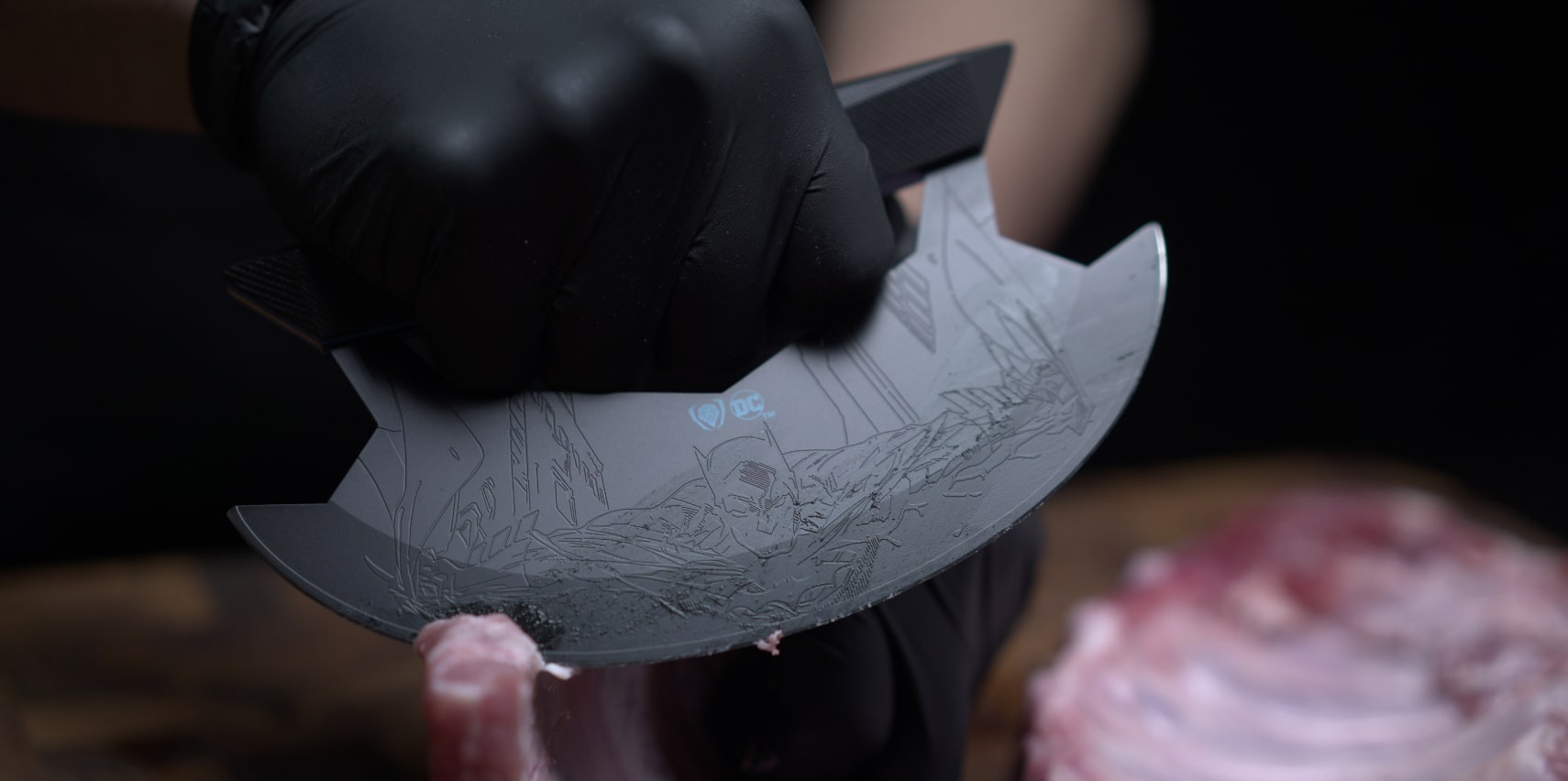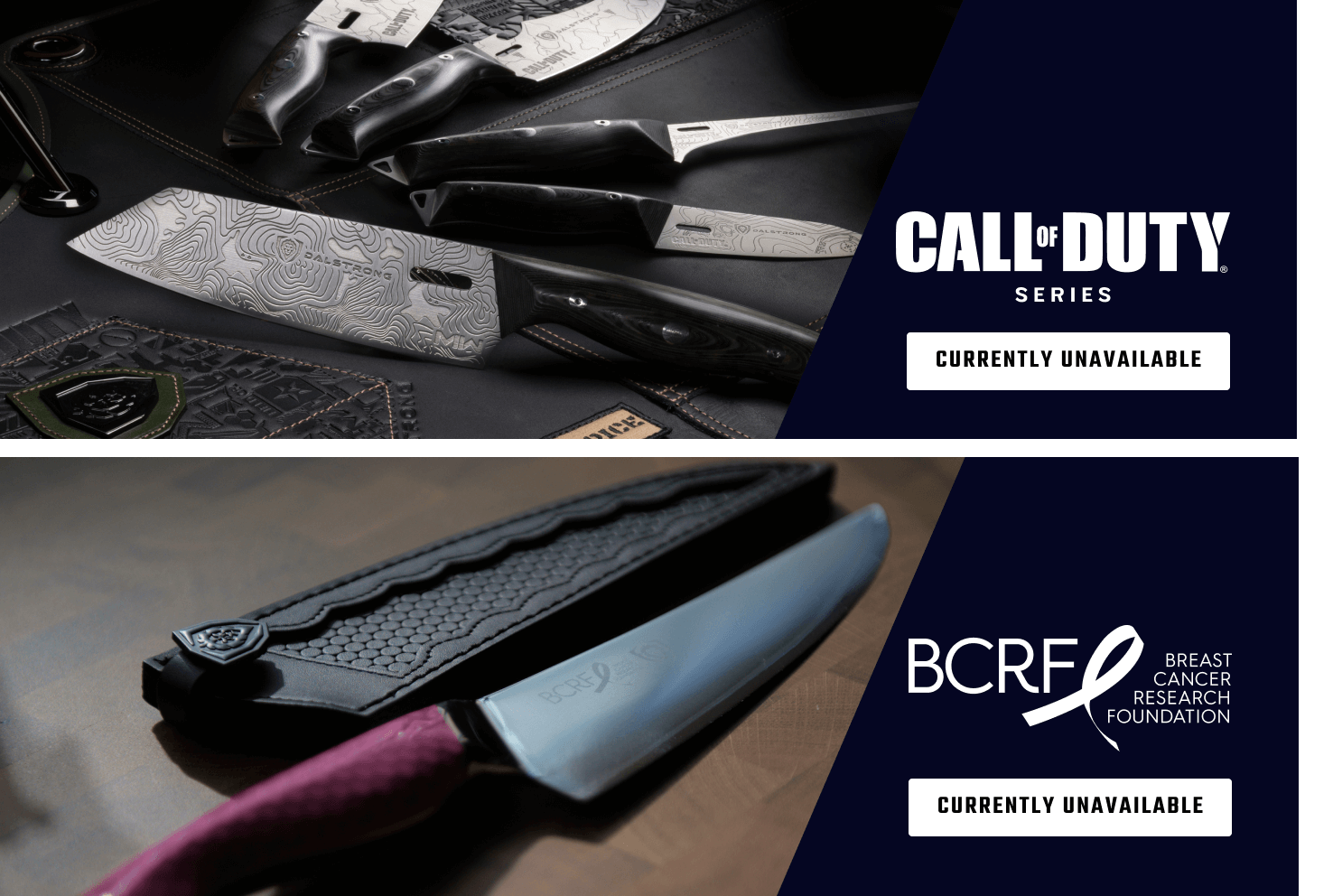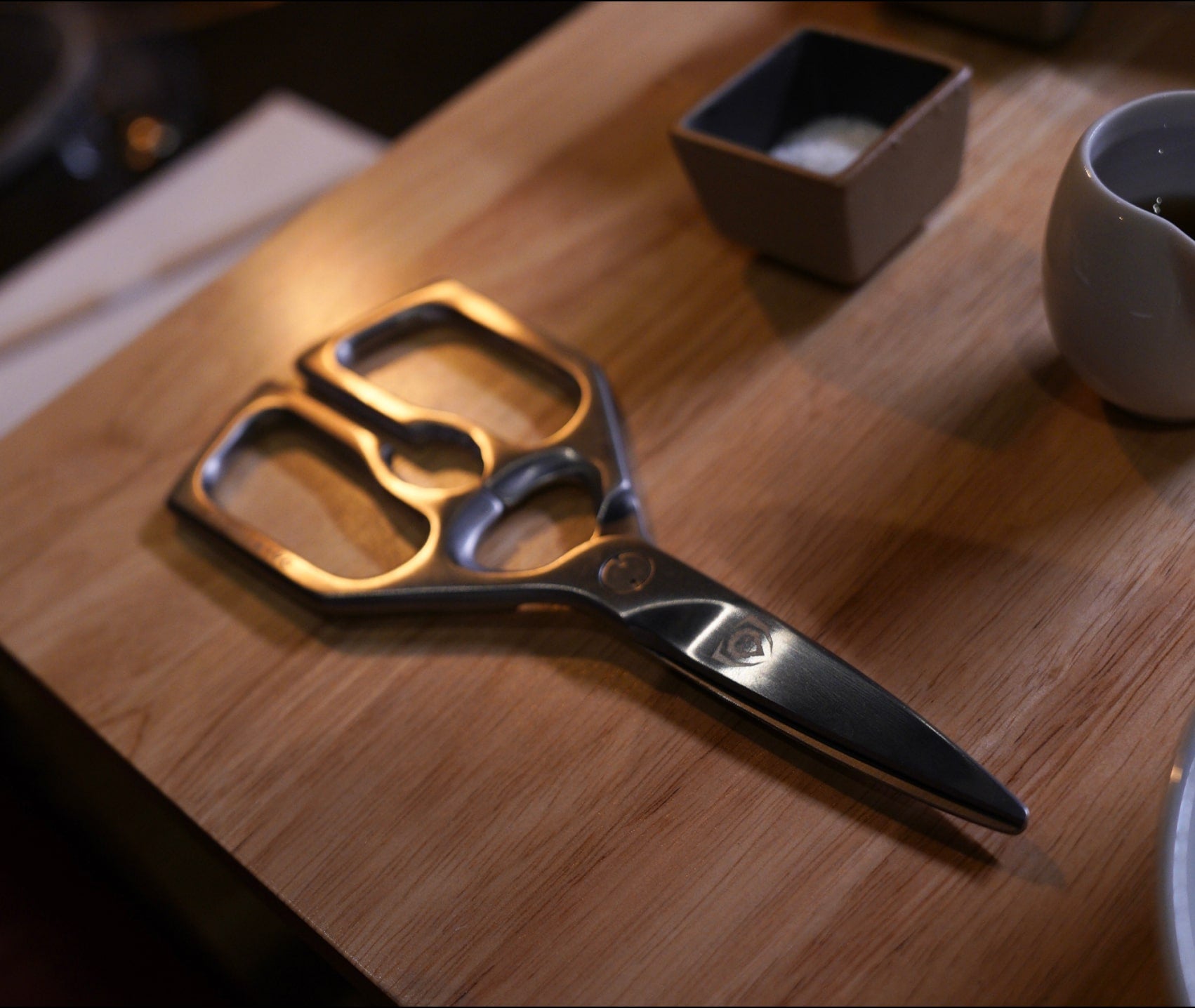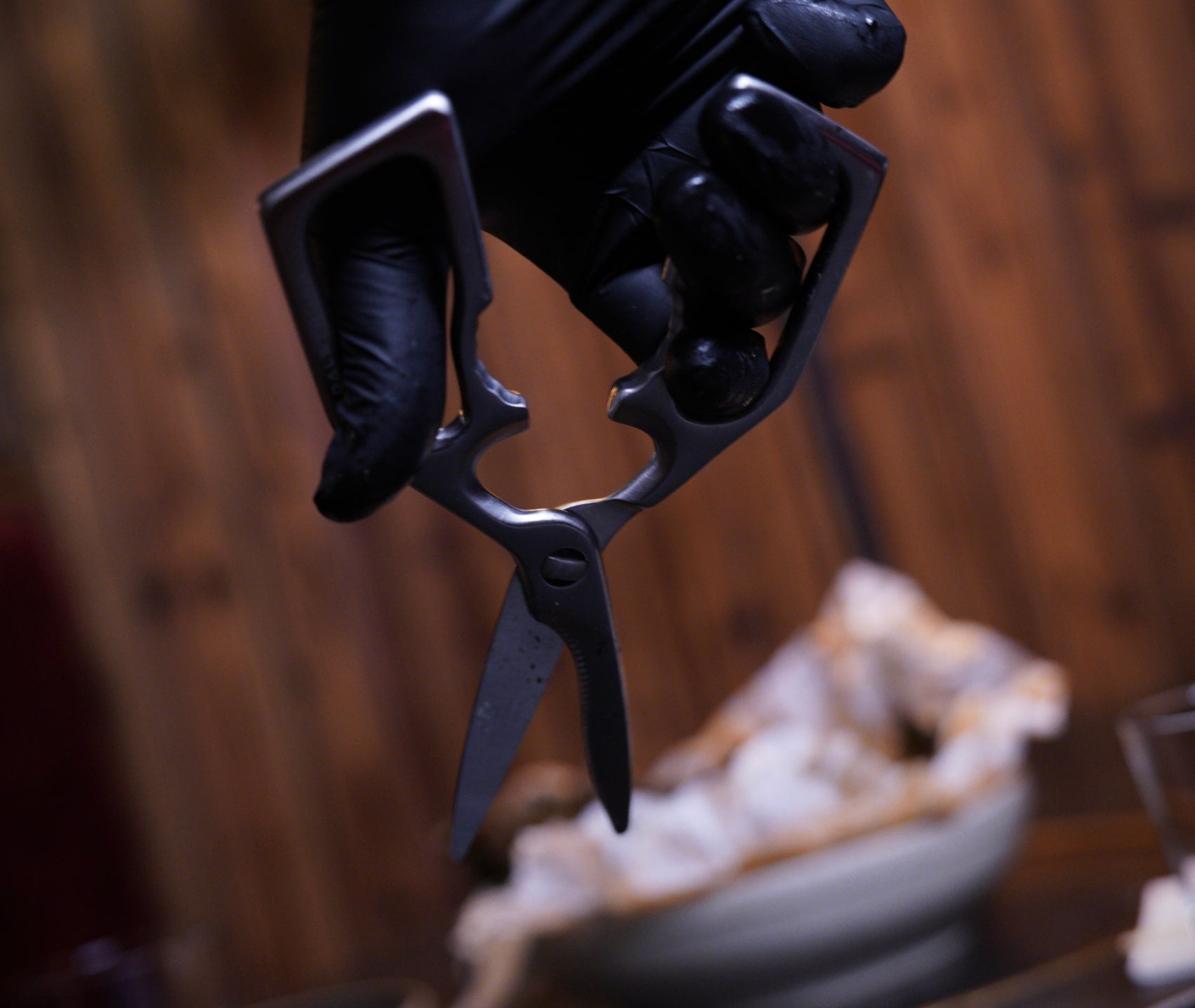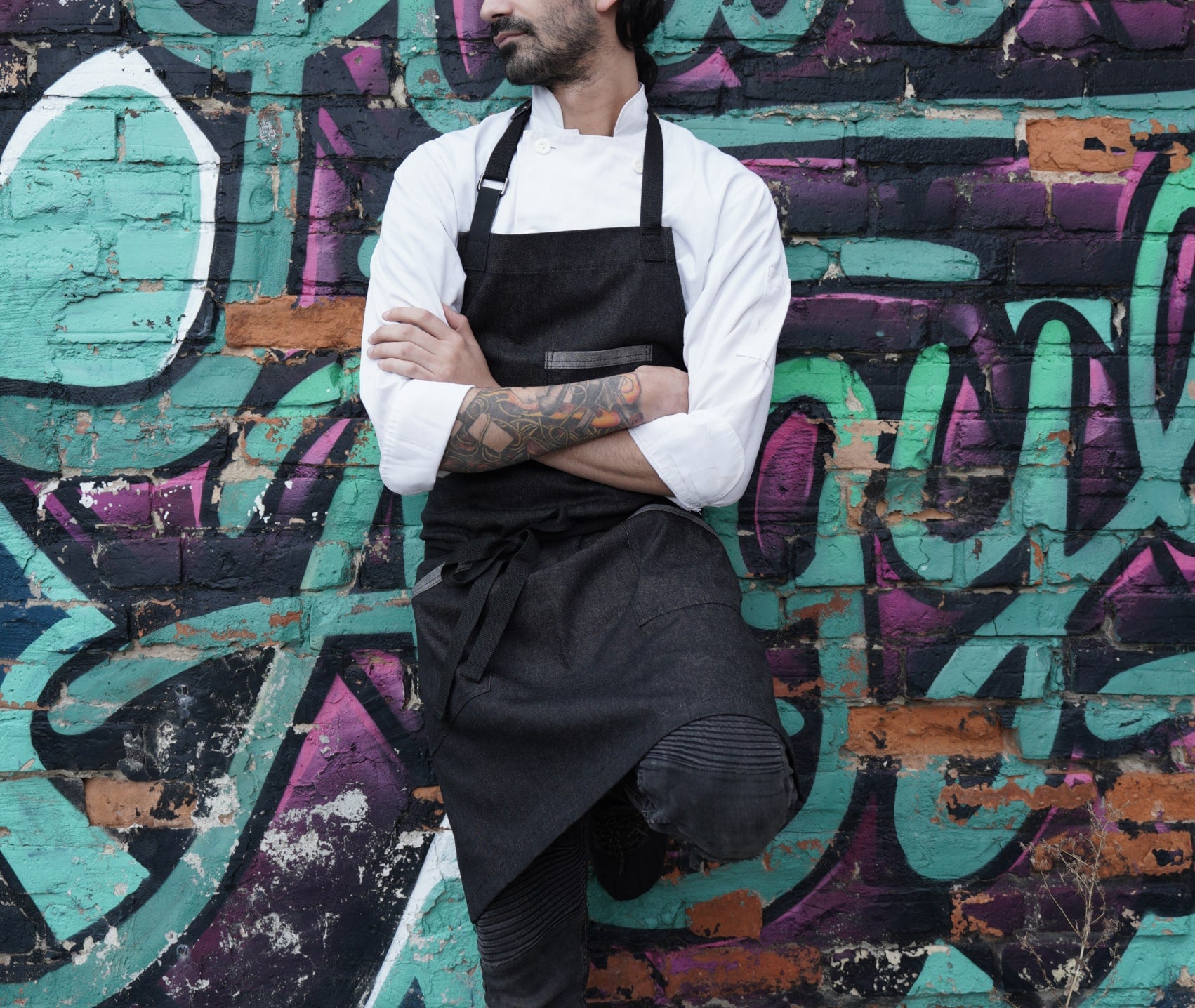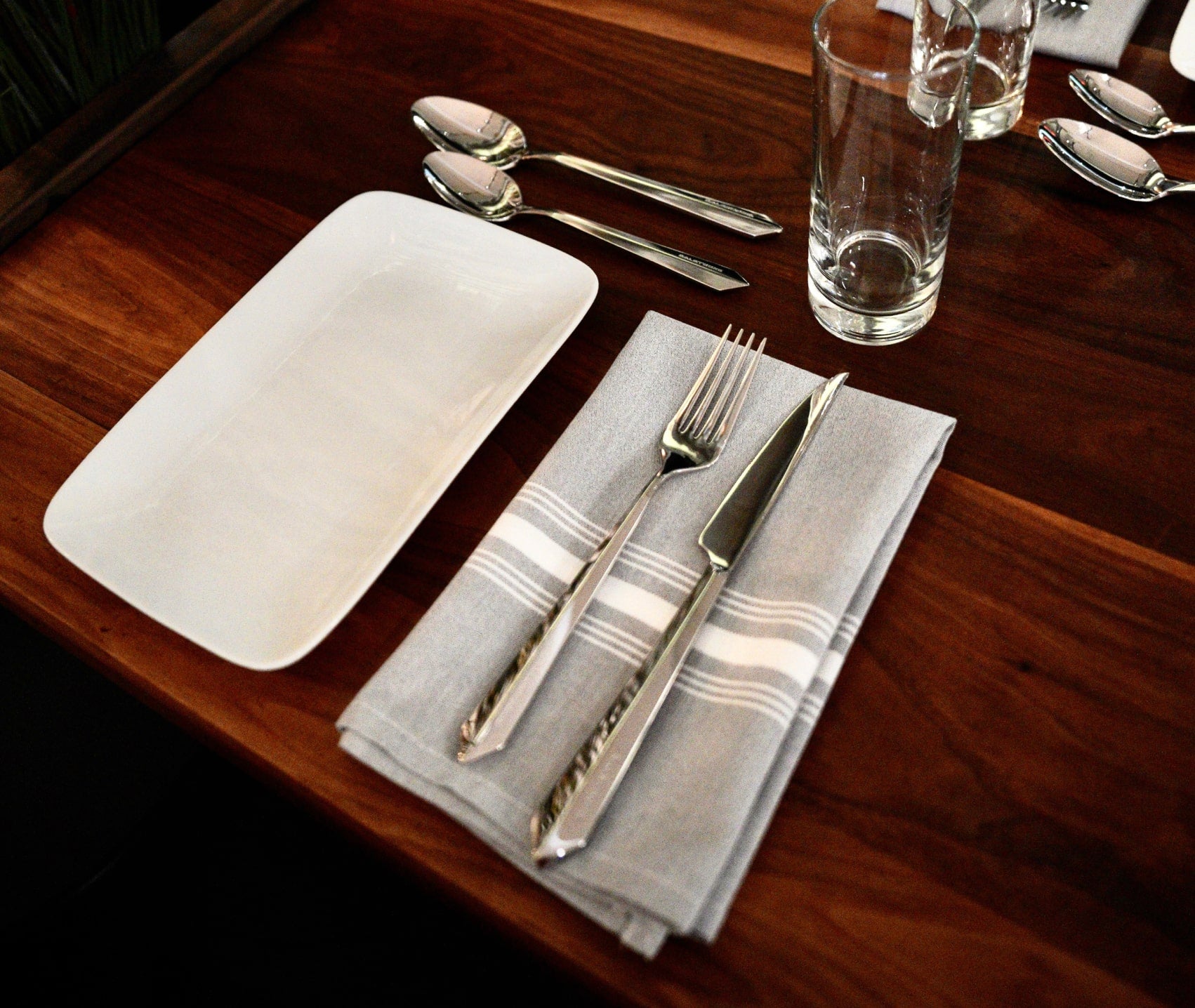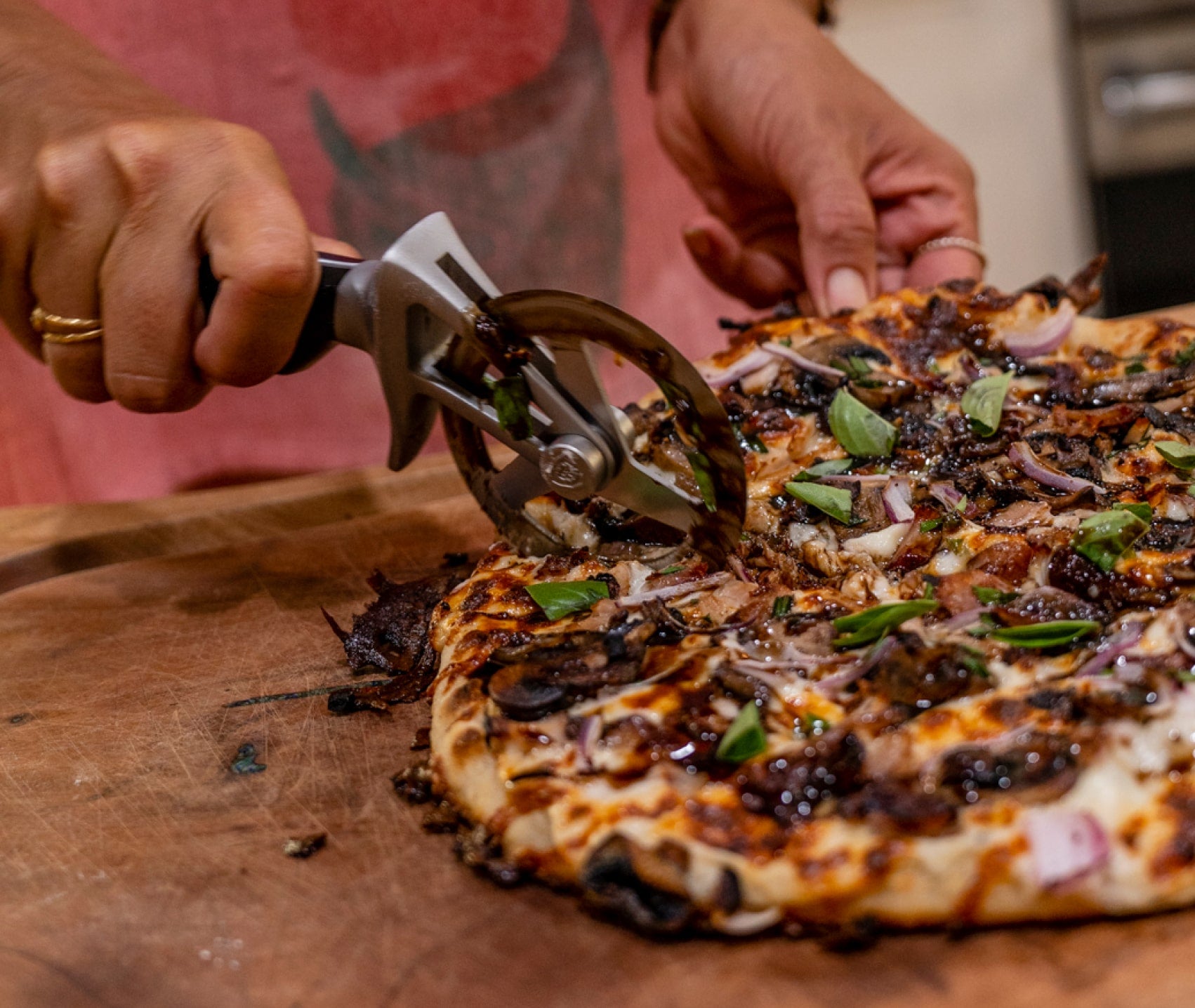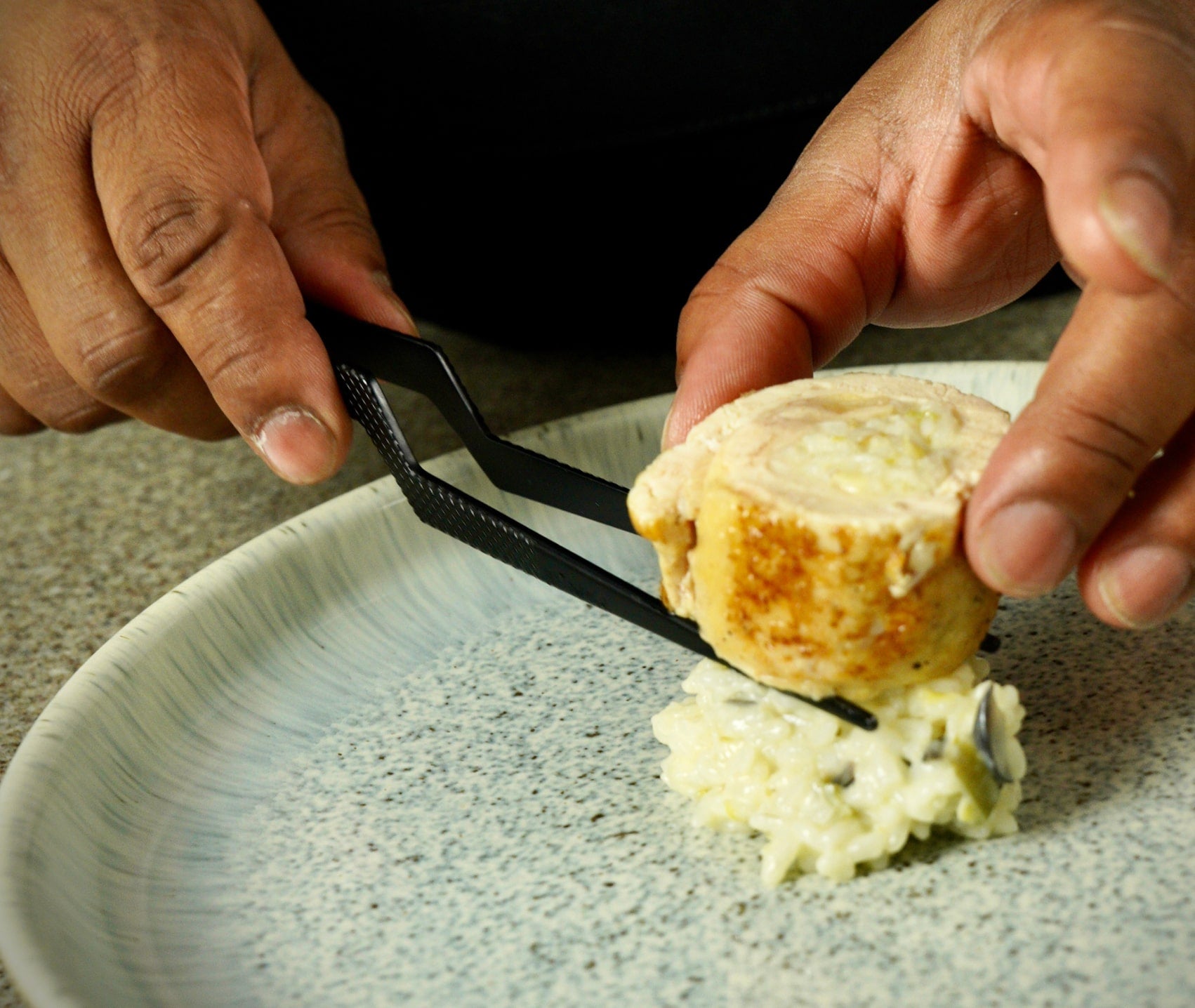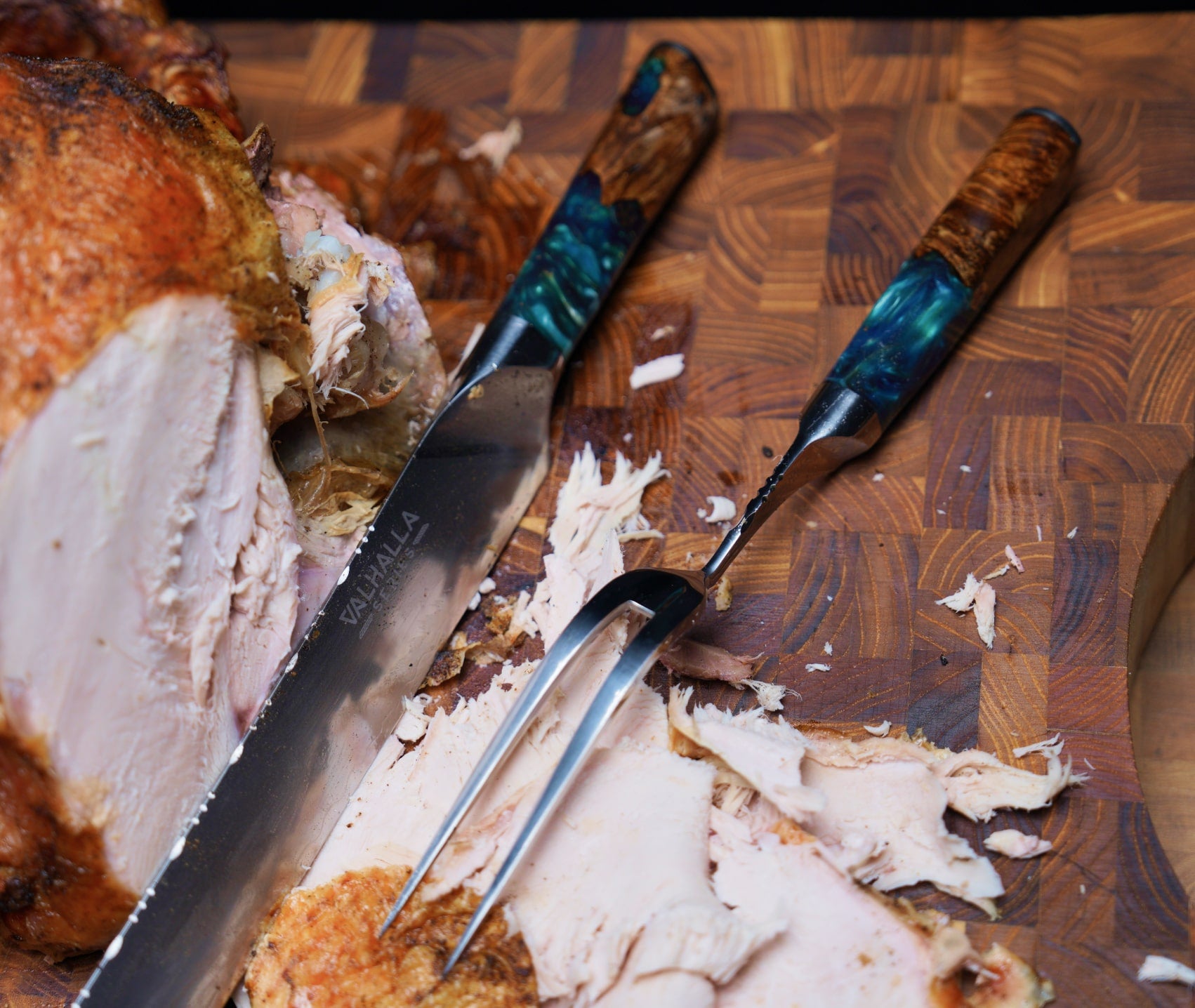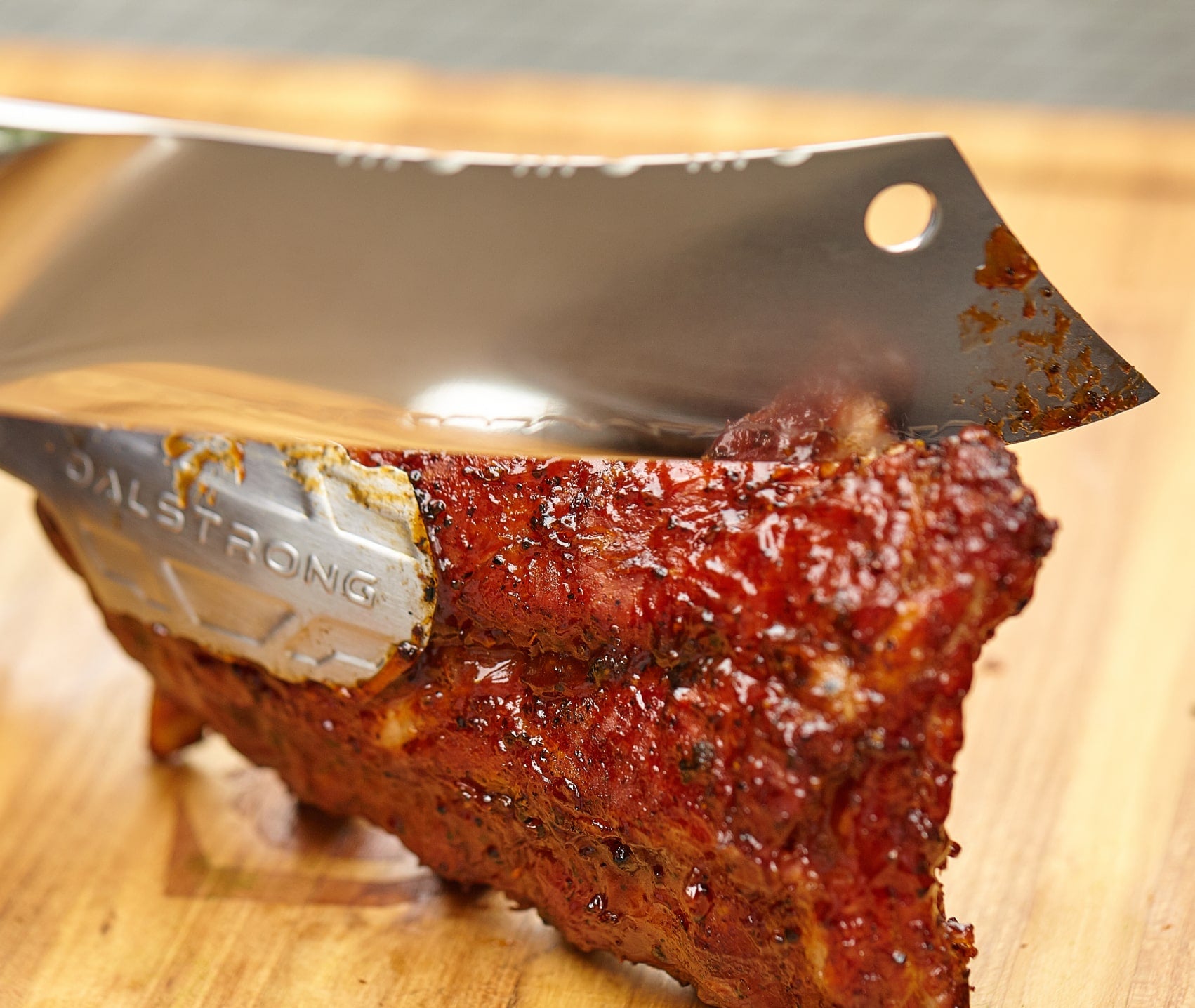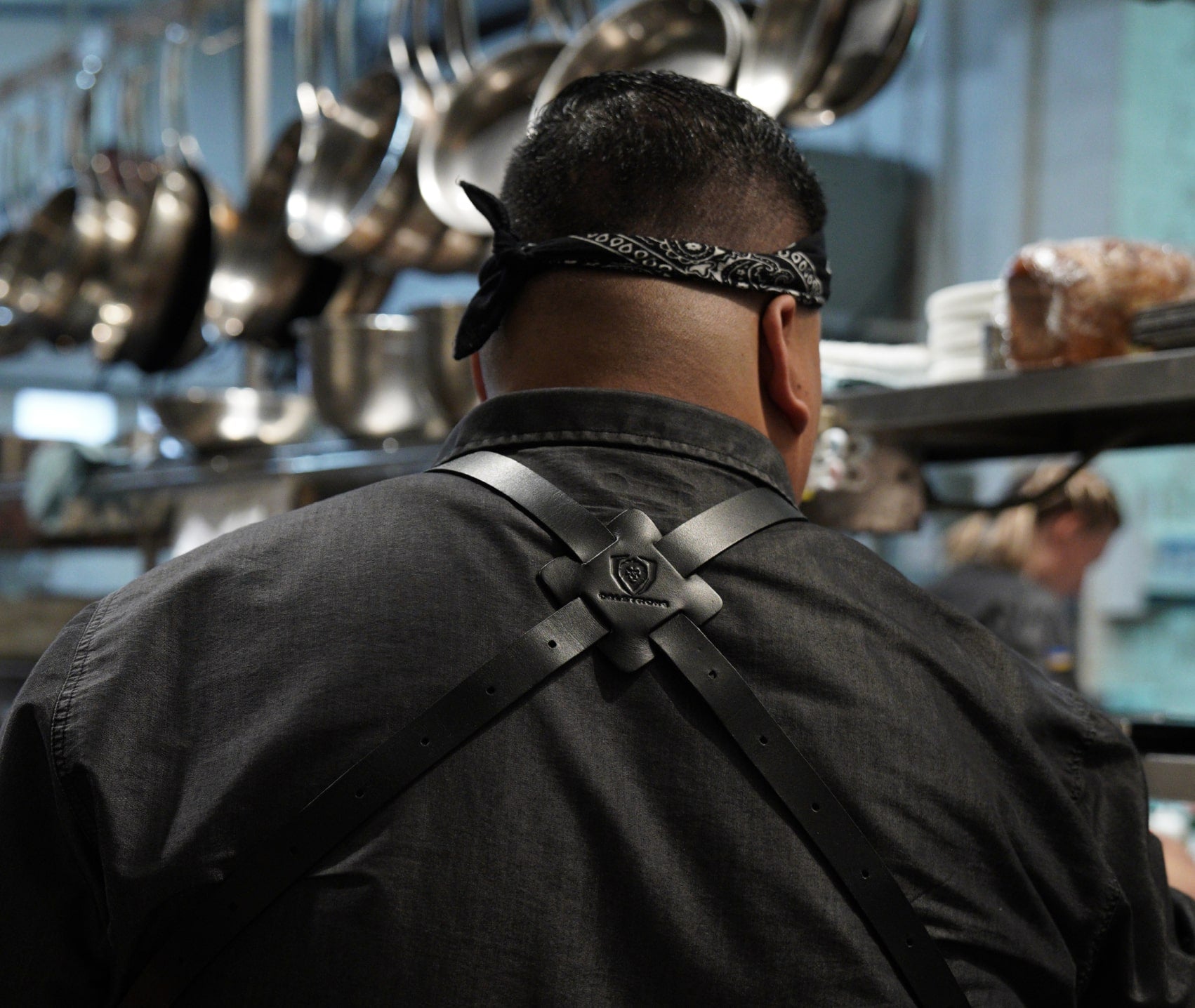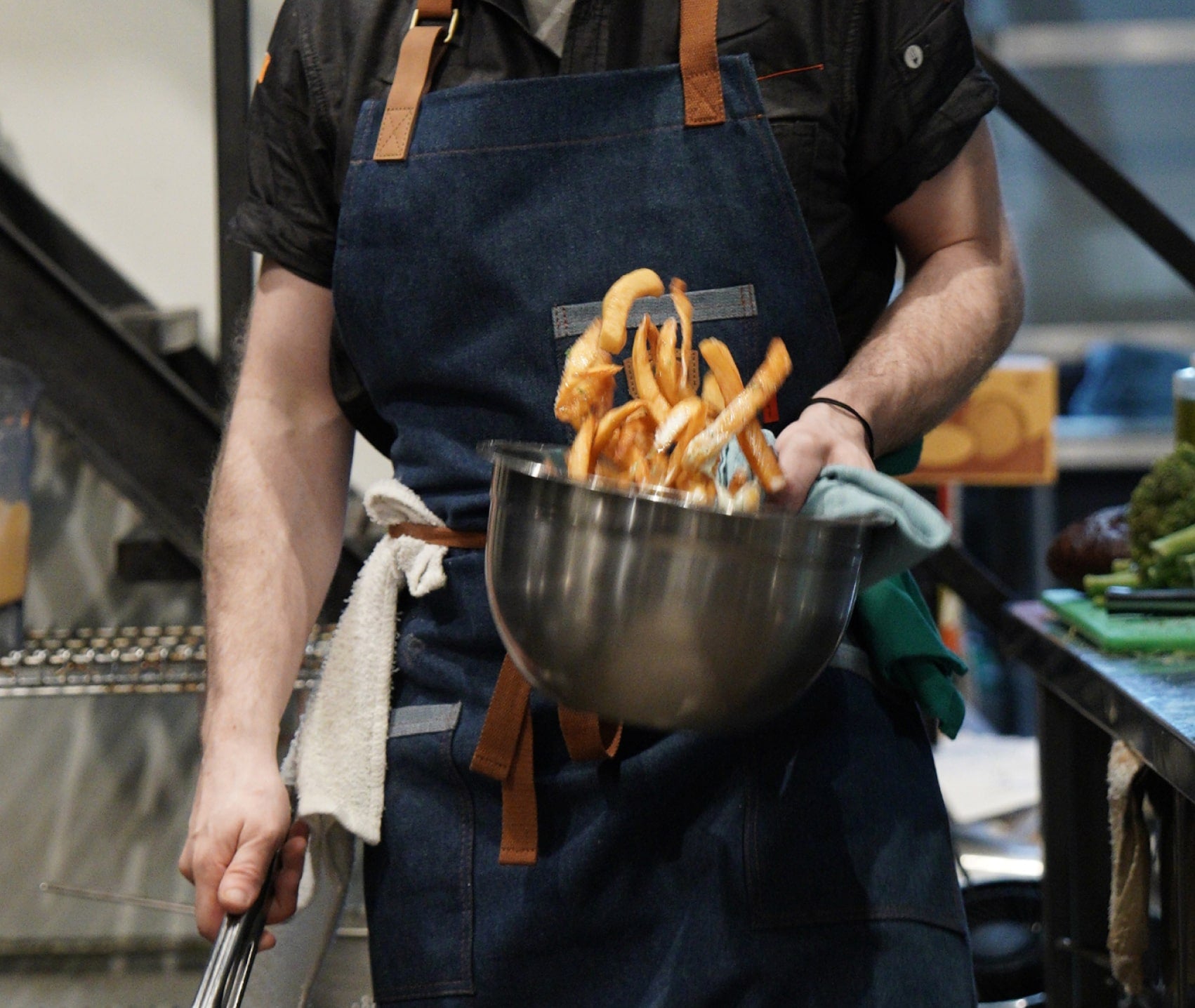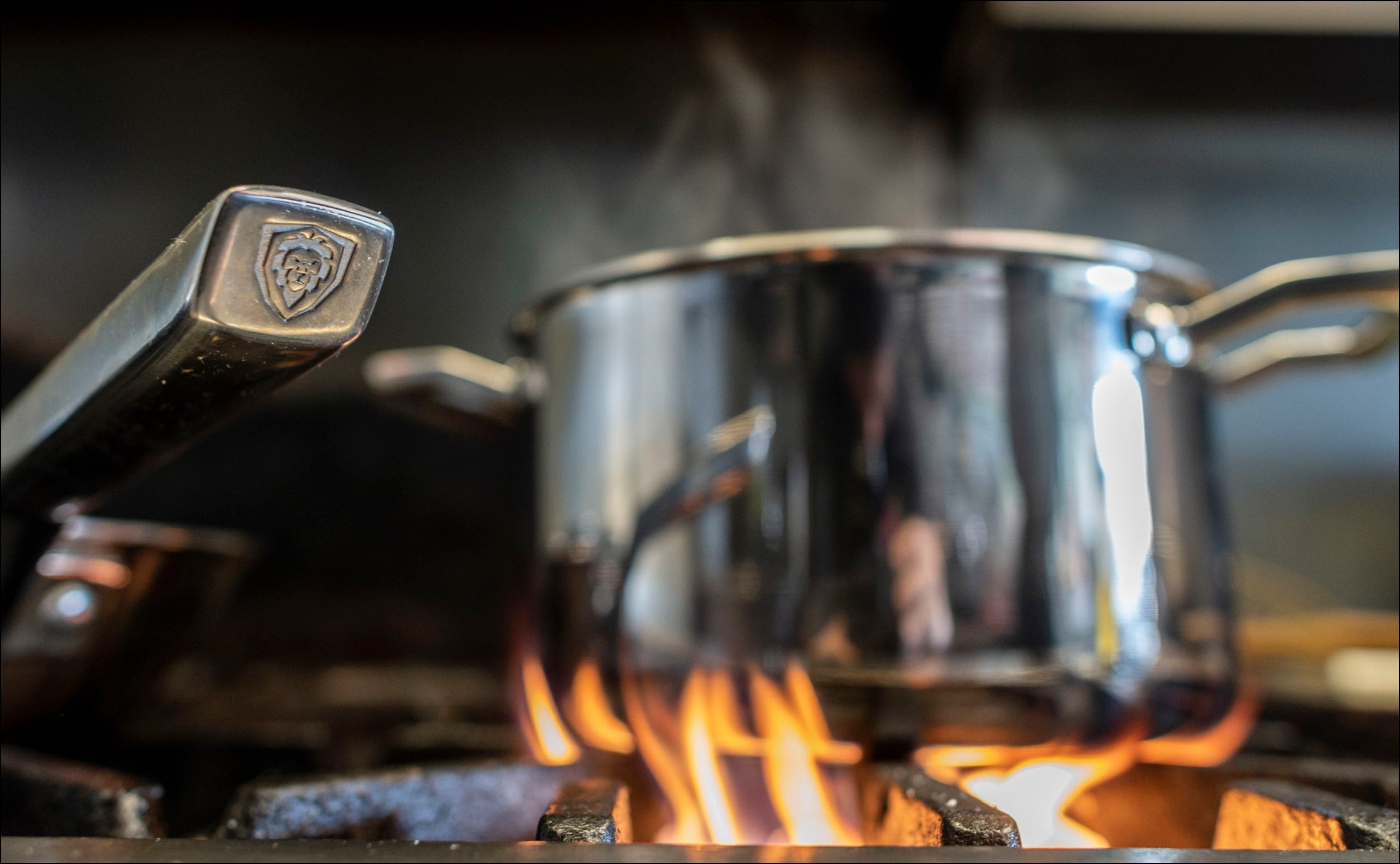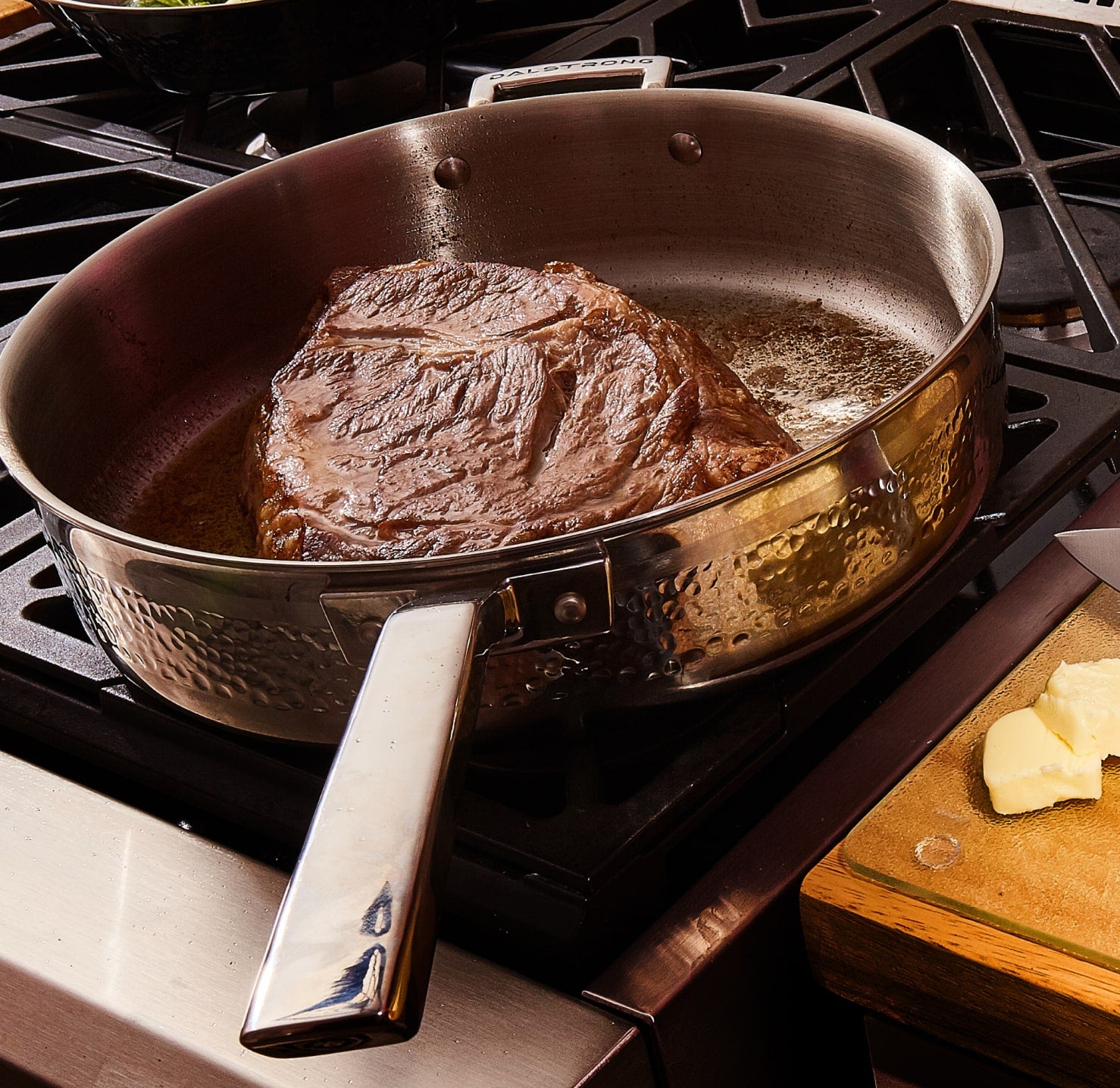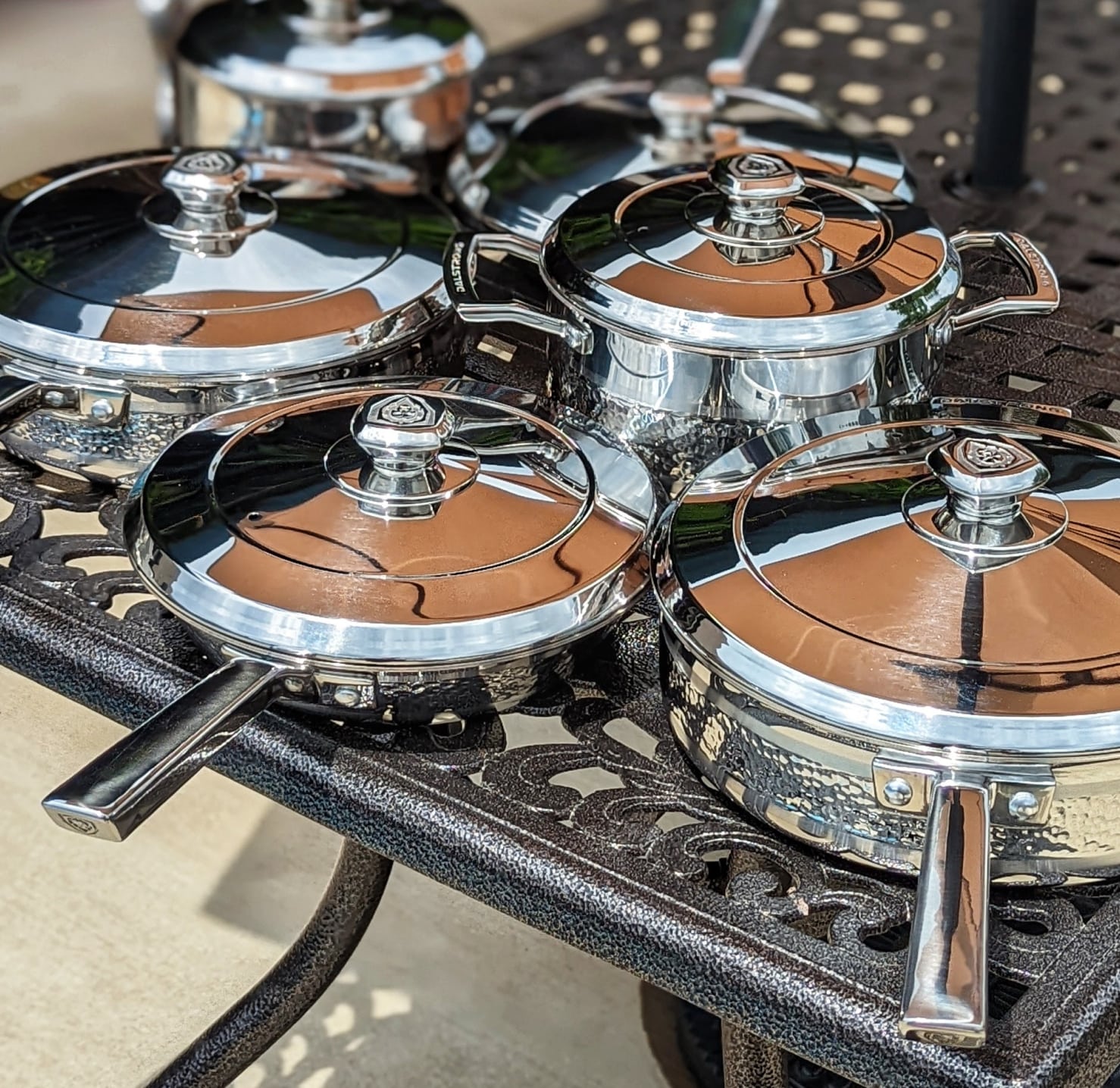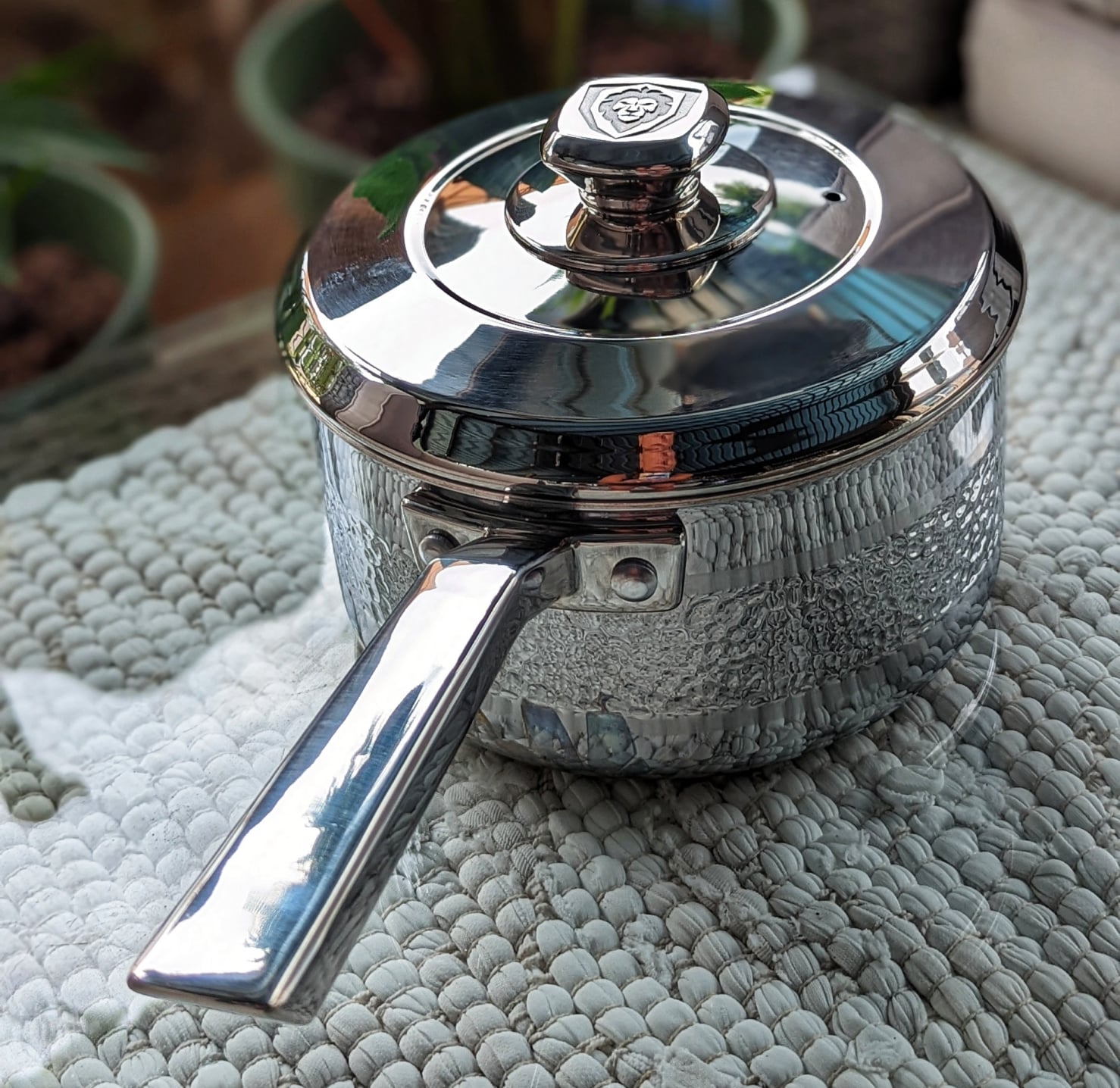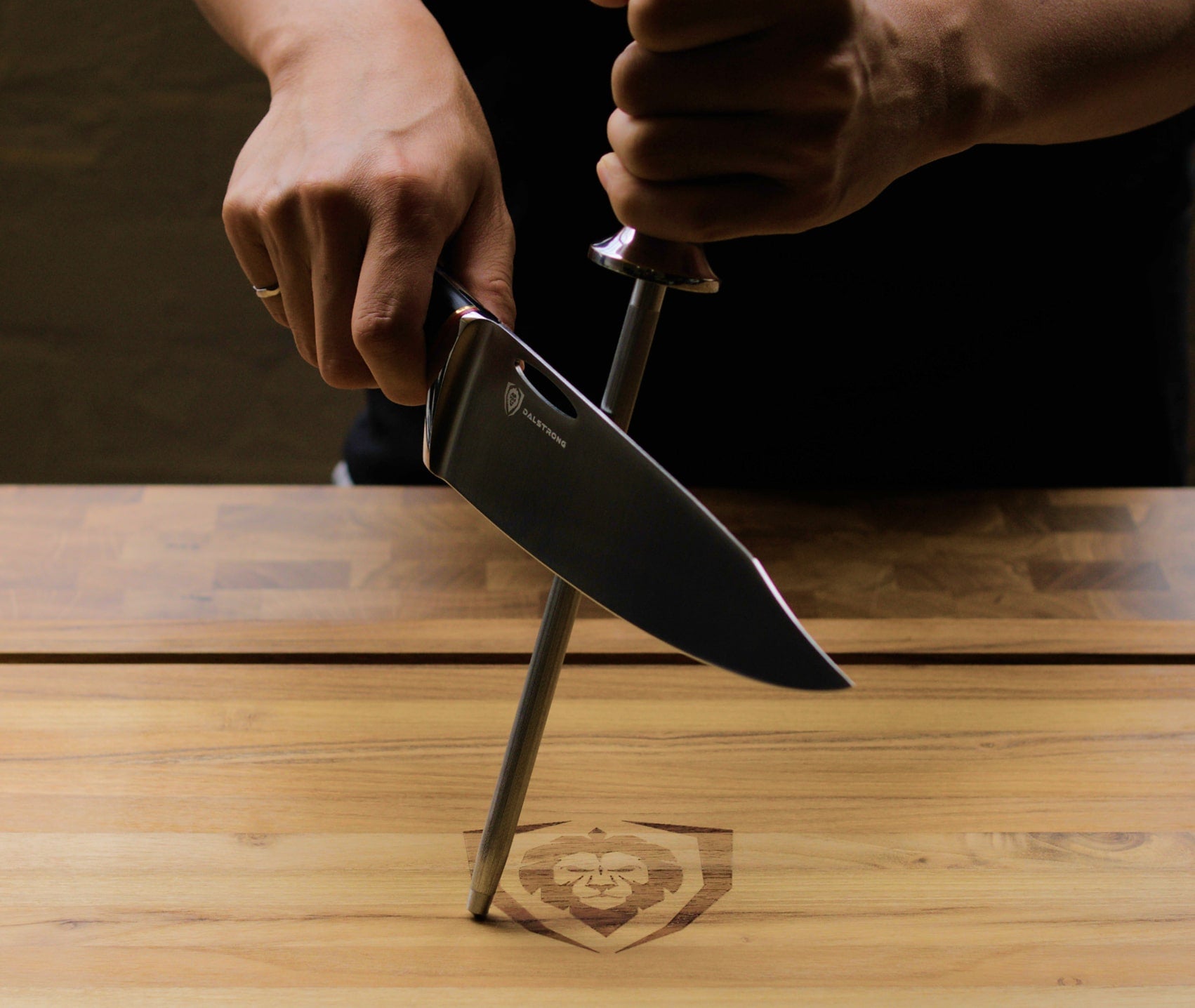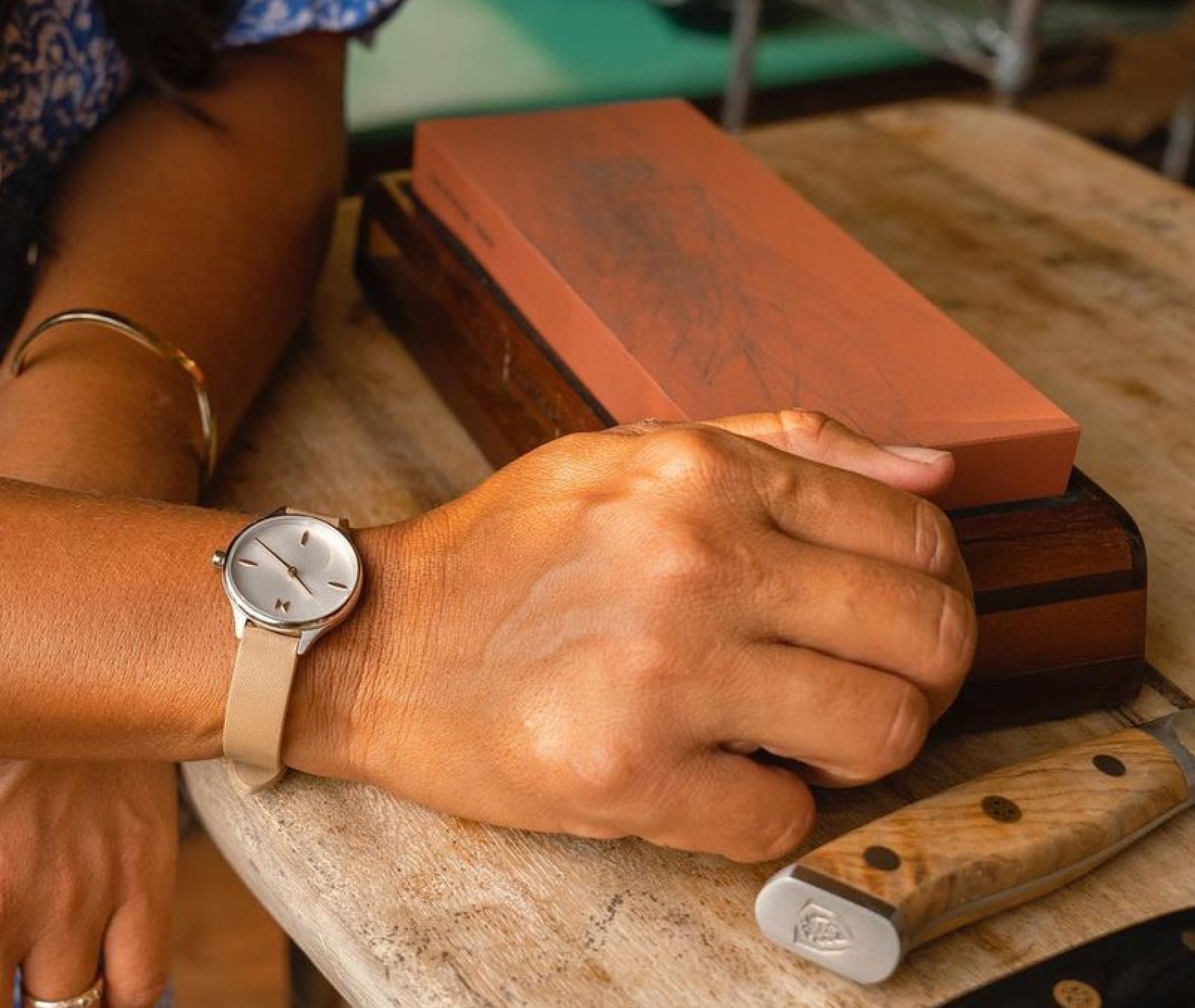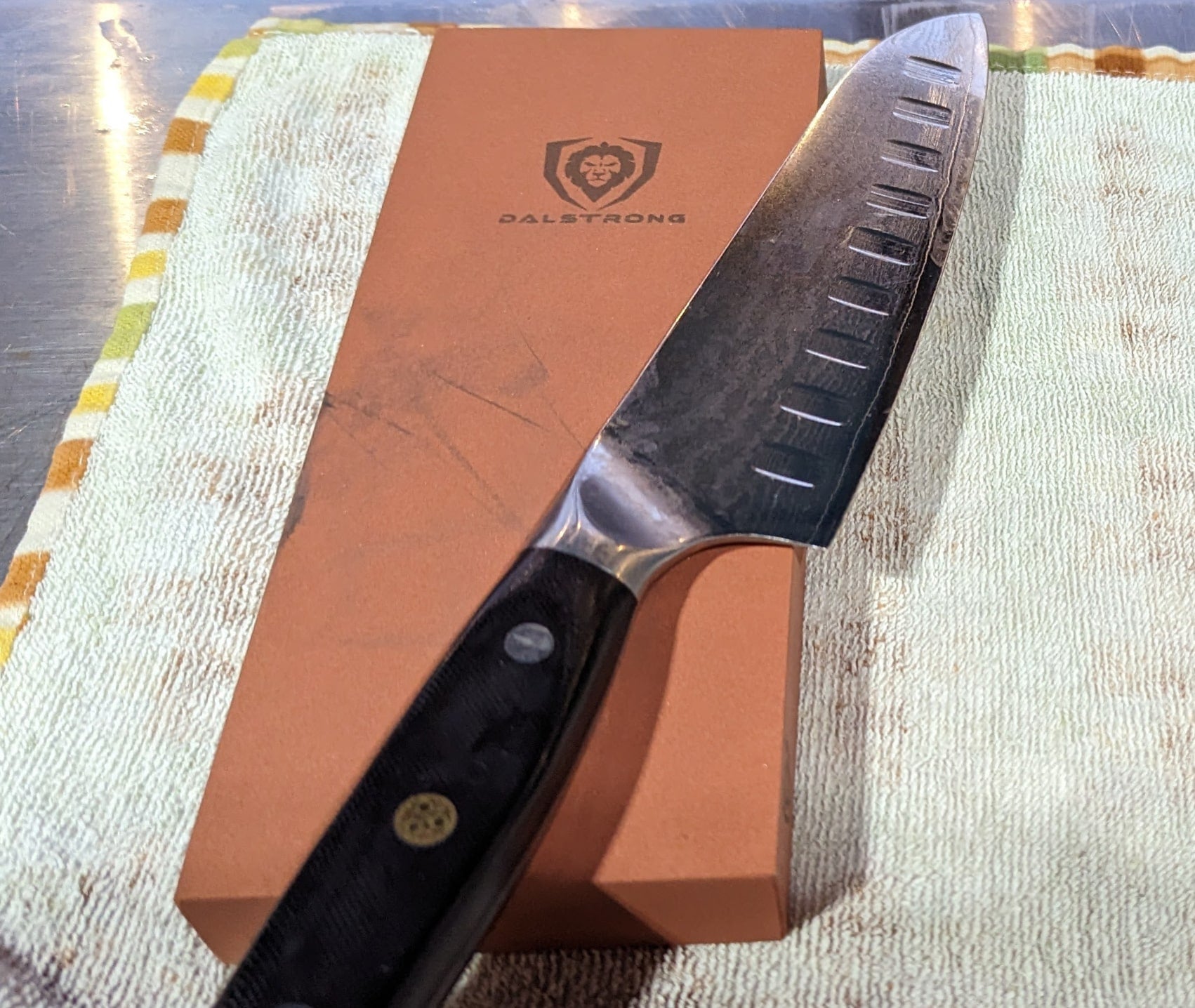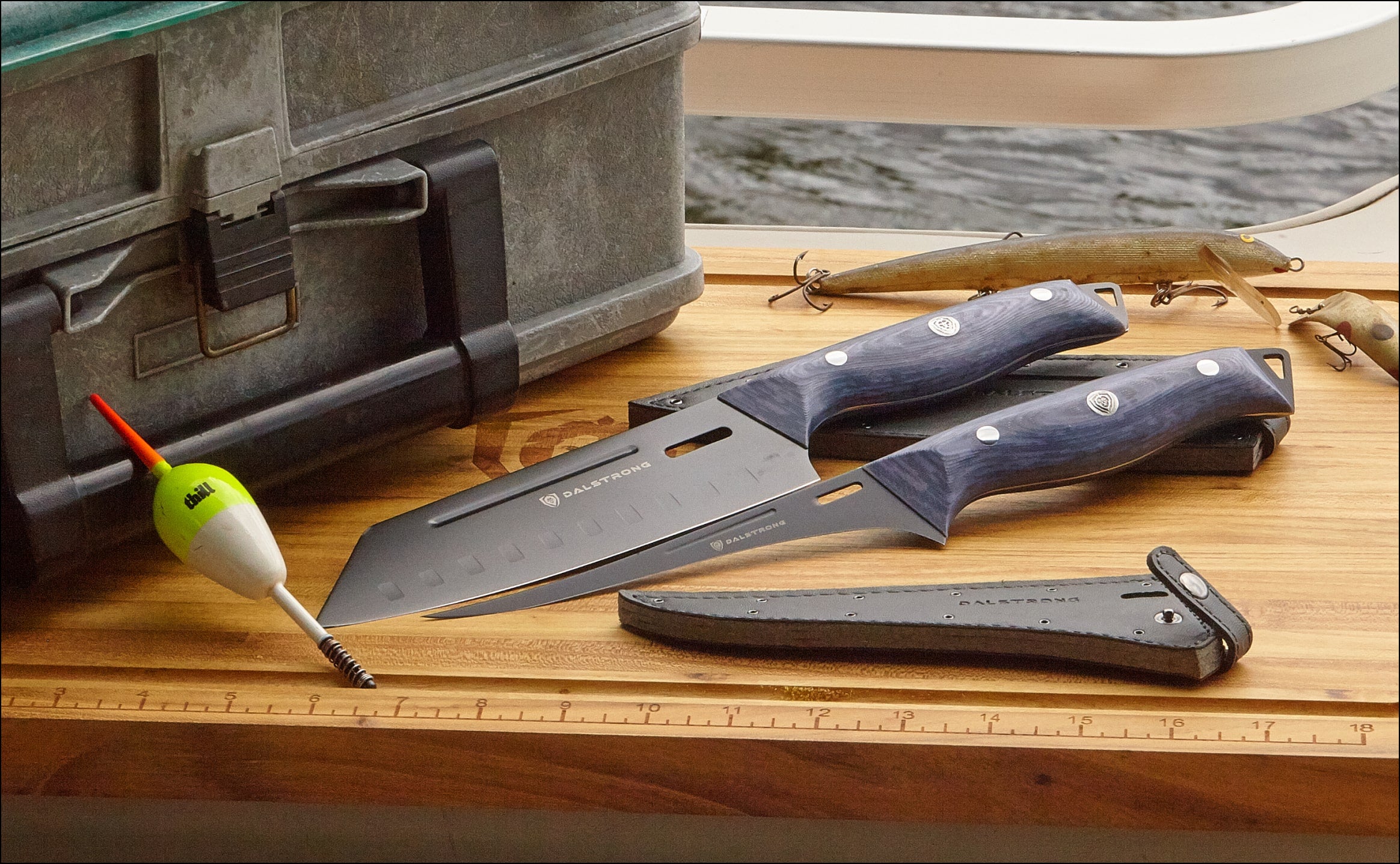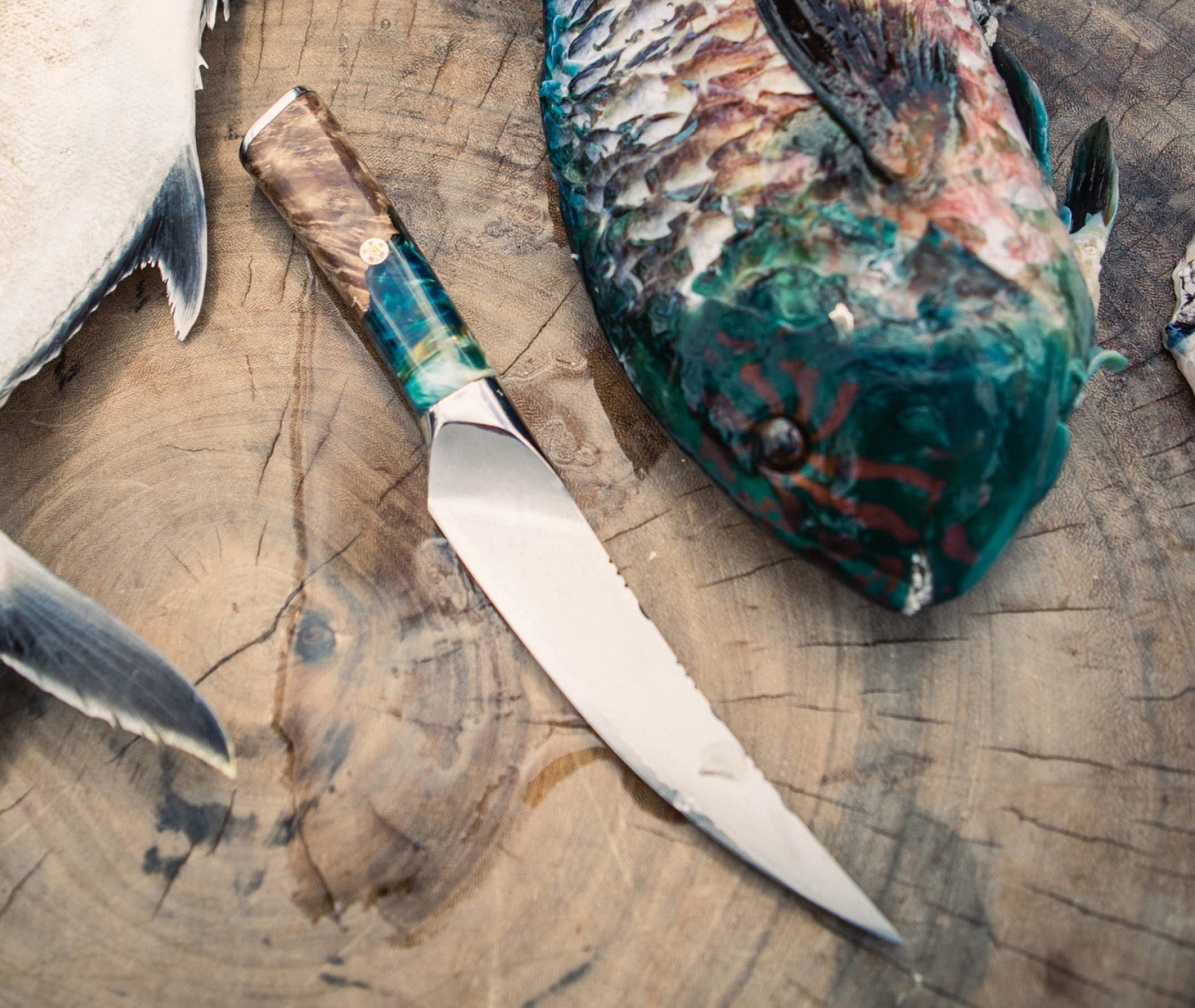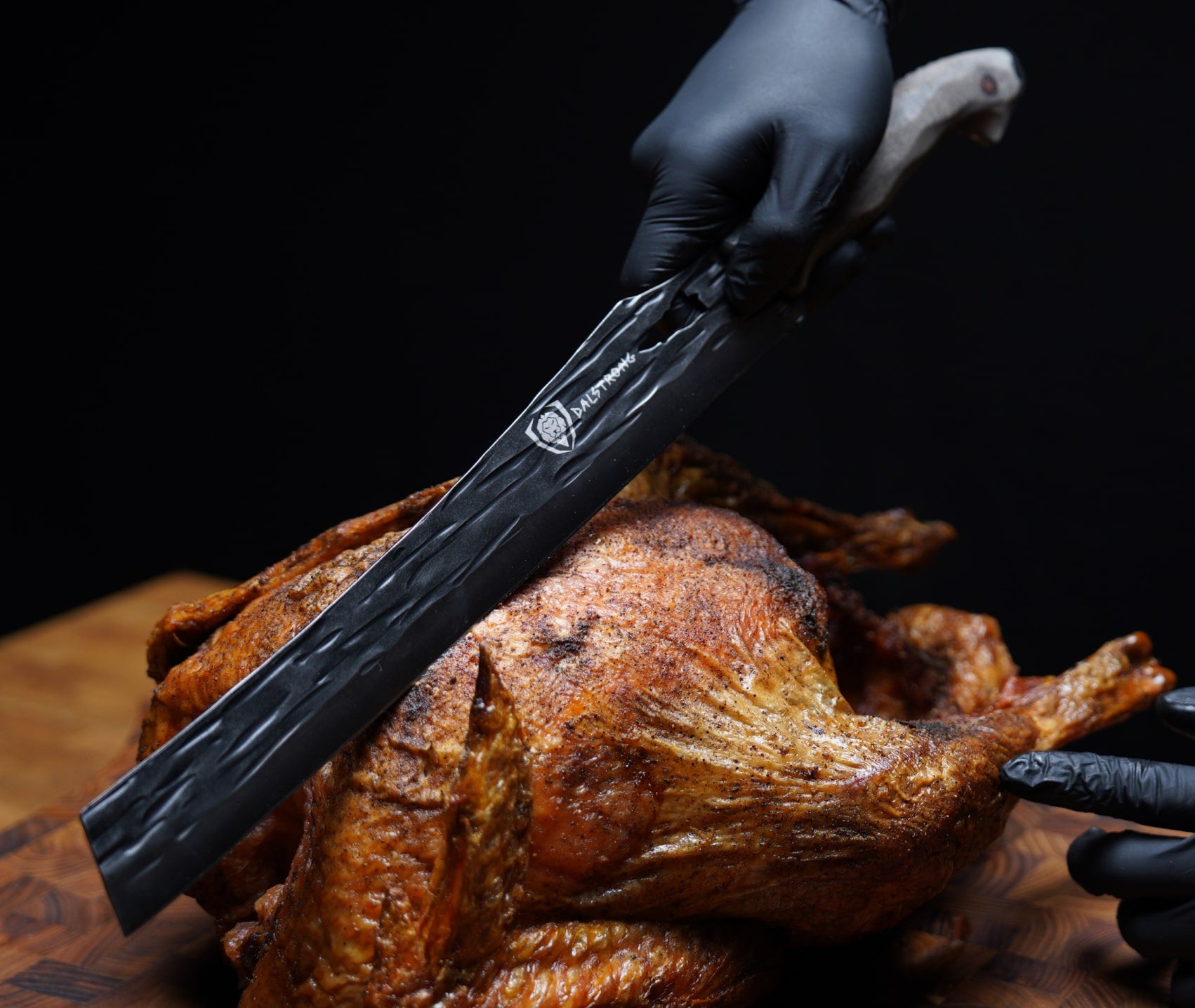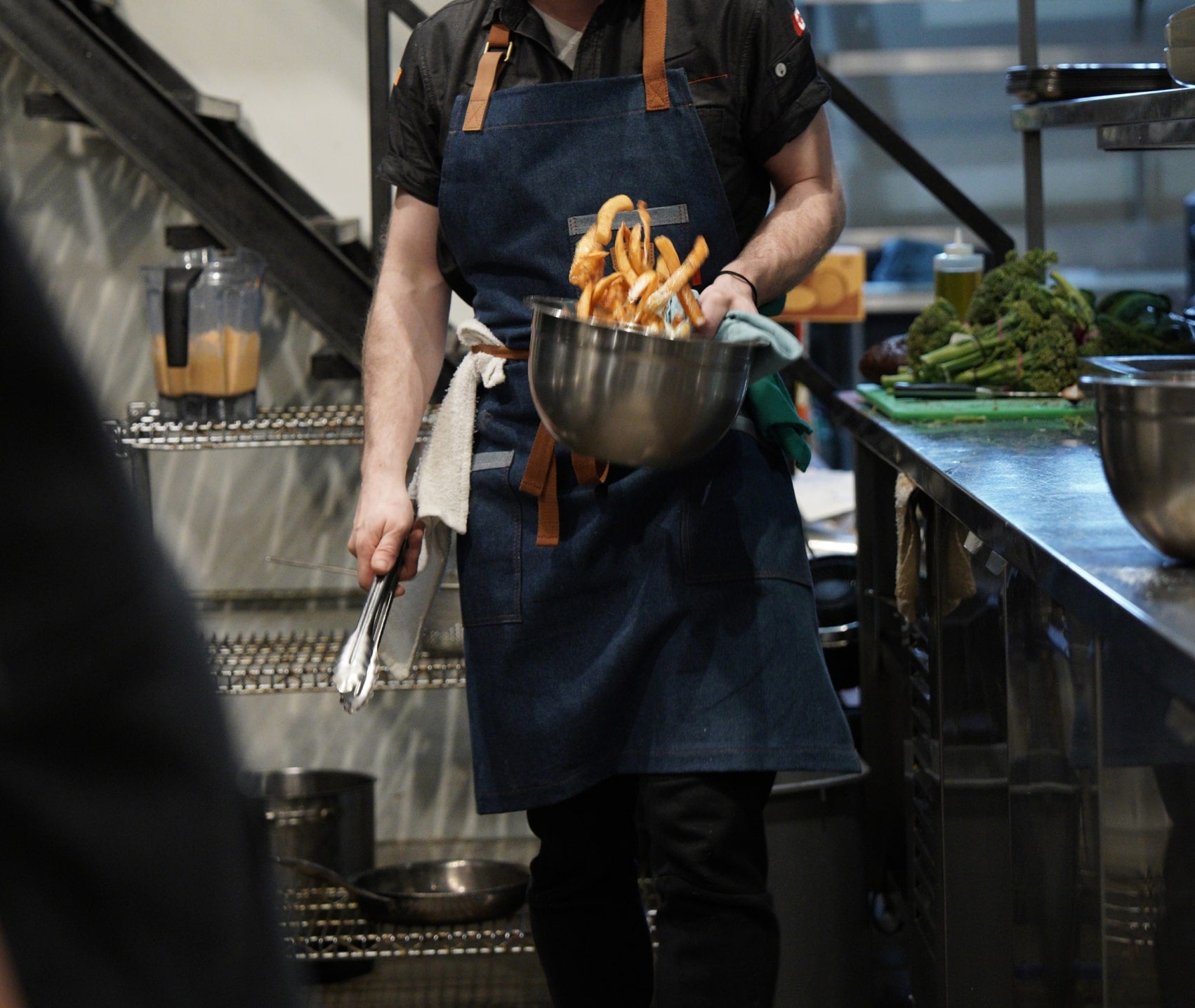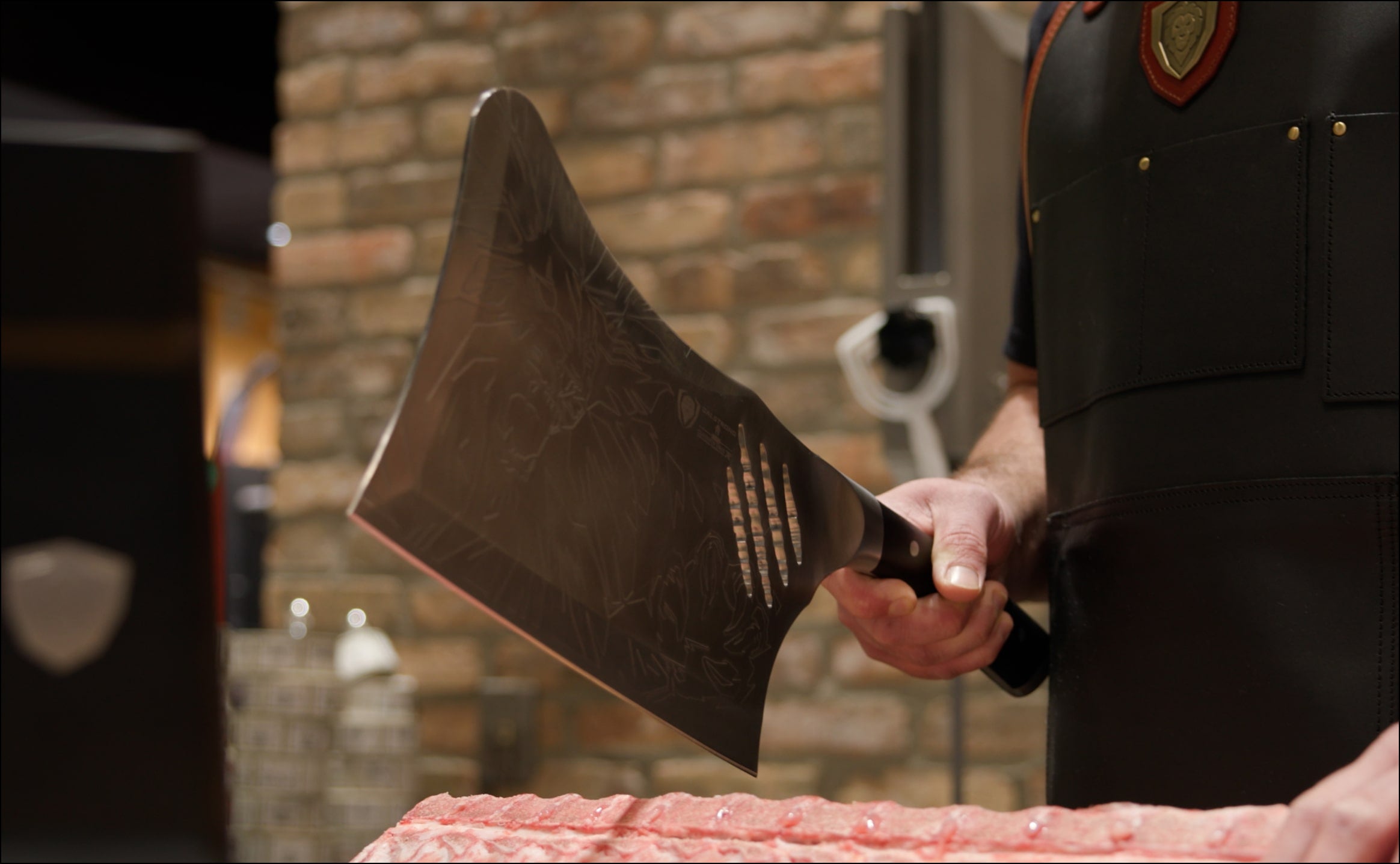In Memory - What Anthony Bourdain's Passing Meant to Us

Two weeks ago today- while filming on location in France, it was confirmed that legendary culinary author, tv personality, father, lover, friend and Chef Anthony Bourdain committed suicide. CNN released a statement early in the US that, without details, informed us that the world had lost a tremendous talent, and that the culinary world had lost a God.
The career of Tony Bourdain was one that is all to familiar with chefs the world over. We all felt connected to, and in many ways inspired by, his unlikely rise international stardom – ironically a type of personality that he loathed in the beginning. In his writings he railed against shady owners, crappy customers, sneaky sales people and the worst offender in the culinary world of modern times: the Celebrity Chef. Anthony told his stories in ways that we can all relate. He was after all one of us; he spoke the language, had been in the fire and walked with that knowing look that chefs and cooks everywhere can recognize. He saw the world through our eyes, his story & career is one that could be so many of our own, and in that he was one of the only celebrity chefs out there that collectively we all respected.
His story began in an all to familiar way. Strung out on drugs and alcohol he was living a life of relative squalor. Barely able to keep his bills paid and his stomach full after working so many hours, he had at many points had enough. Luckily for the world he turned to writing as a way to cope. He told his stories of the culinary underbelly of New York City and instantly they resonated with his counterparts the world over. He was not telling the civilized world just how horrible we all really are; he was telling all of us that it was ok. There were many more of us out there and often times we actually survive this insanity that we call life.
His suicide should strike a deep and powerful cord inside our industry. We are a closed rank subculture that is skeptical at best of outsiders. We have our own languages, our own mannerisms and a schedule so removed from “normal” hours that often we have very few outside connections other than our family (and even they never actually see us). Our members are the outcasts of civilized society – we are the loners, the boozers, the insomniacs and freaks that cannot force ourselves into an office job. We curse to much, our humor is extremely dark, and we see the world in ways that scare most upstanding members of our respective communities – and in many cases the very characteristics that drive us into this community should be seen as symptoms of trouble within.
I am not shy about my fights with depression and addiction. The depths and extent of my “adventures” in that area I tend not to go into detail about publicly. That is not for lack of willingness to help and let others know we can come back from them; it is to prevent being seen as many saw Bourdain – seemingly bragging about those conquests. There is nothing to celebrate about being an addict; being strung out during a shift, or sneaking away from the line to partake in my drug of choice is not a sign of strength, but a weakness. There is nothing from those times I am proud of.
I am not ashamed, as they created the life I have today – one where while I still struggle, I have the tools and resources I need to keep my demons at bay.
In his final act, Anthony taught us one more lesson. And this is one the industry cannot afford to ignore. Mental health, in the culinary industry often disproportionately – is taking its toll on our members. And we will continue to loose our friends and heroes until we acknowledge the problem and remove the stigma of needing help.
We are rough on those that choose this job. In the beginning chefs work hard to weed out those that simply are not going to stick around. And we do so quickly. The margins in the culinary world are razor thin and wasting time training a wet behind the ears culinary grad can be devastating. If you are not going to hack it – we want you gone sooner rather than later. But, for some reason once you have earned your stripes and become a member of the ranks, we simply never let up. We continue to press each other to take on more, party harder, hang with the crowd and walk it off. Injury is often laughed off – rather than take care of our wounds, we toss some cornstarch to the victim and explain how much worse we could take. Unfortunately the external wounds are the least damaging.
When we sense a weakness we often strike – we use terms like banter to justify it. It builds character and strengthens the bonds we share – right. This system has worked for years and years so why change it. Well, for starters, we are a lot smarter than we used to be. Even our modern system built by Esscoffier has been deemed as needing updating. It is out of date because we have applied science and logic to cooking. Now, we need to do the same with our mental health. Rather than abuse or berate, we have got to make help readily available and encourage people to use it. We can no longer continue to see needing help as a weakness. We are quite literally killing ourselves.
For the legacy that Bourdain deserves, I can only hope that once again the world will recognize his trials and suffering. We can change the outcome for so many that suffer in silence right beside us.
Call 1-800-273-8255 to reach the National Suicide Prevention Lifeline. It provides free and confidential support 24 hours a day, seven days a week for people in suicidal crisis or distress. You can also call 1-800-273-8255 to talk to someone about how you can help a person in crisis. Call 1-866-488-7386 for the TrevorLifeline, a suicide prevention counselling service for the LGBTQ community.
Text HOME to 741741 to have a confidential text conversation with a trained crisis counsellor from Crisis Text Line. Counsellors are available 24/7. You can learn more about how their texting service works here.
For online chat, the National Suicide Prevention Lifeline provides a confidential chat window, with counselors available 24/7. Boys Town also provides counselors for youth-specific online chat at this link. It is available every Monday through Friday between 6 p.m. and midnight in the Central time zone.
For crisis support in Spanish, call 1-888-628-9454.
“Travel isn’t always pretty. It isn’t always comfortable. Sometimes it hurts, it even breaks your heart. But that’s okay. The journey changes you; it should change you. It leaves marks on your memory, on your consciousness, on your heart, and on your body. You take something with you. Hopefully, you leave something good behind.”







































































